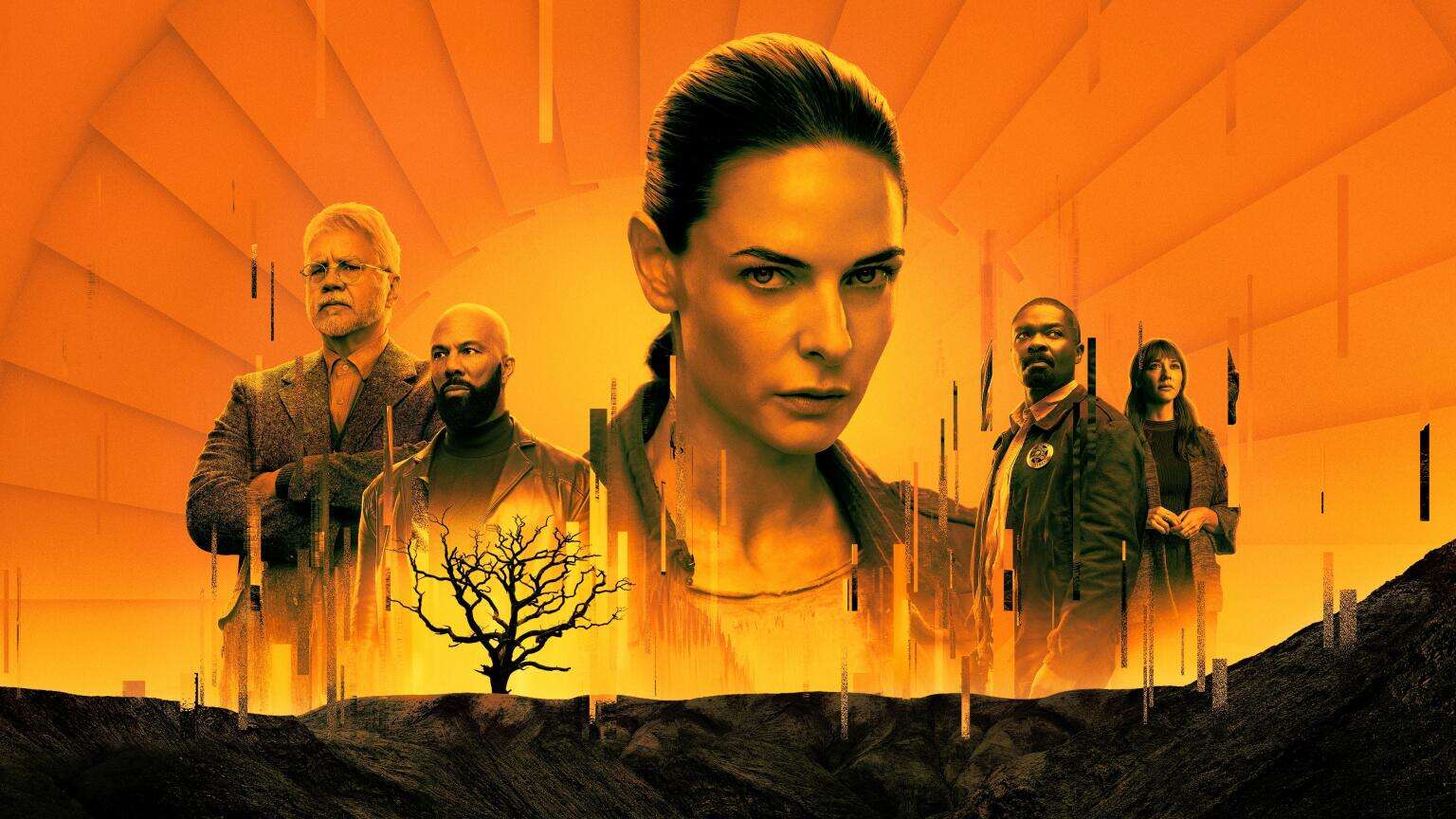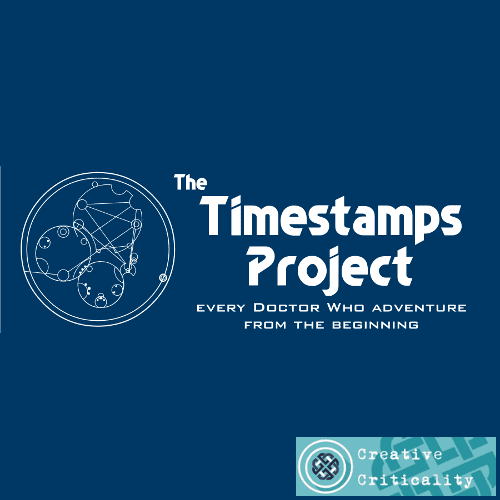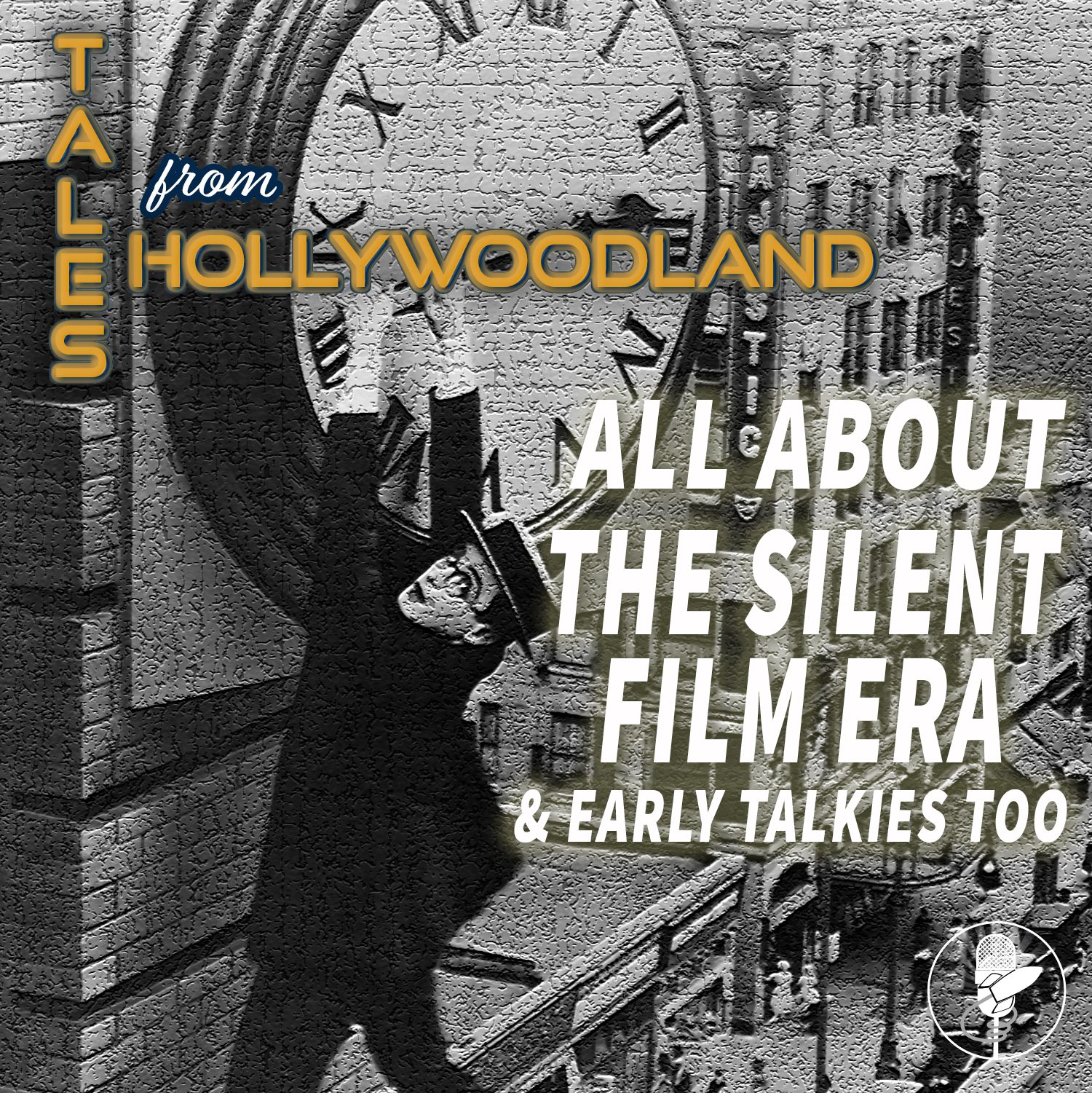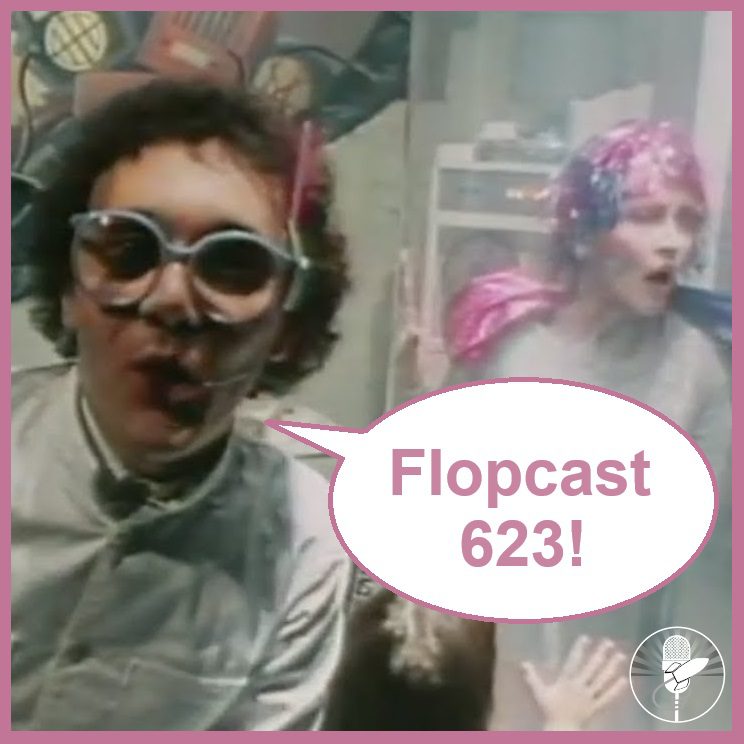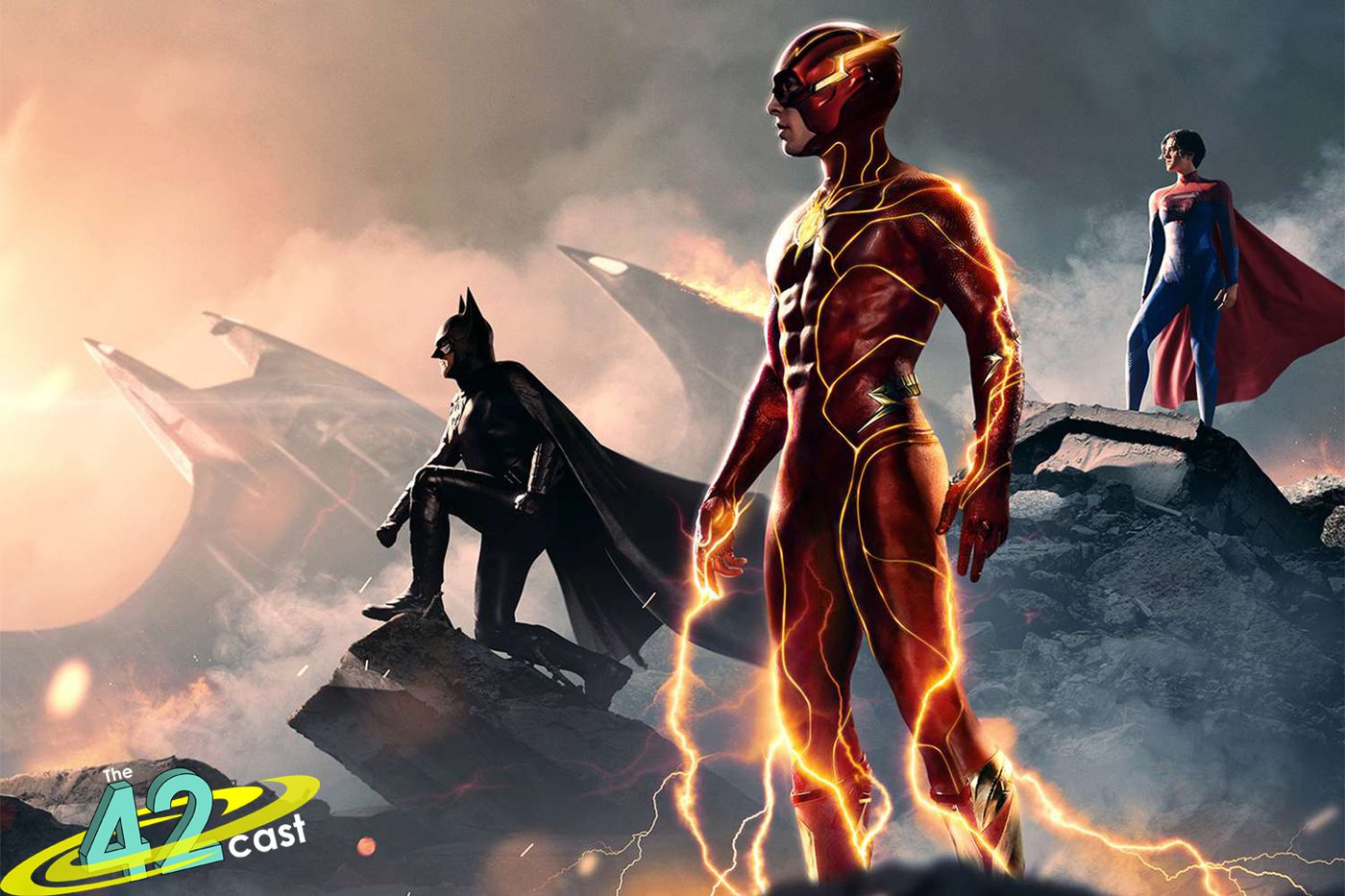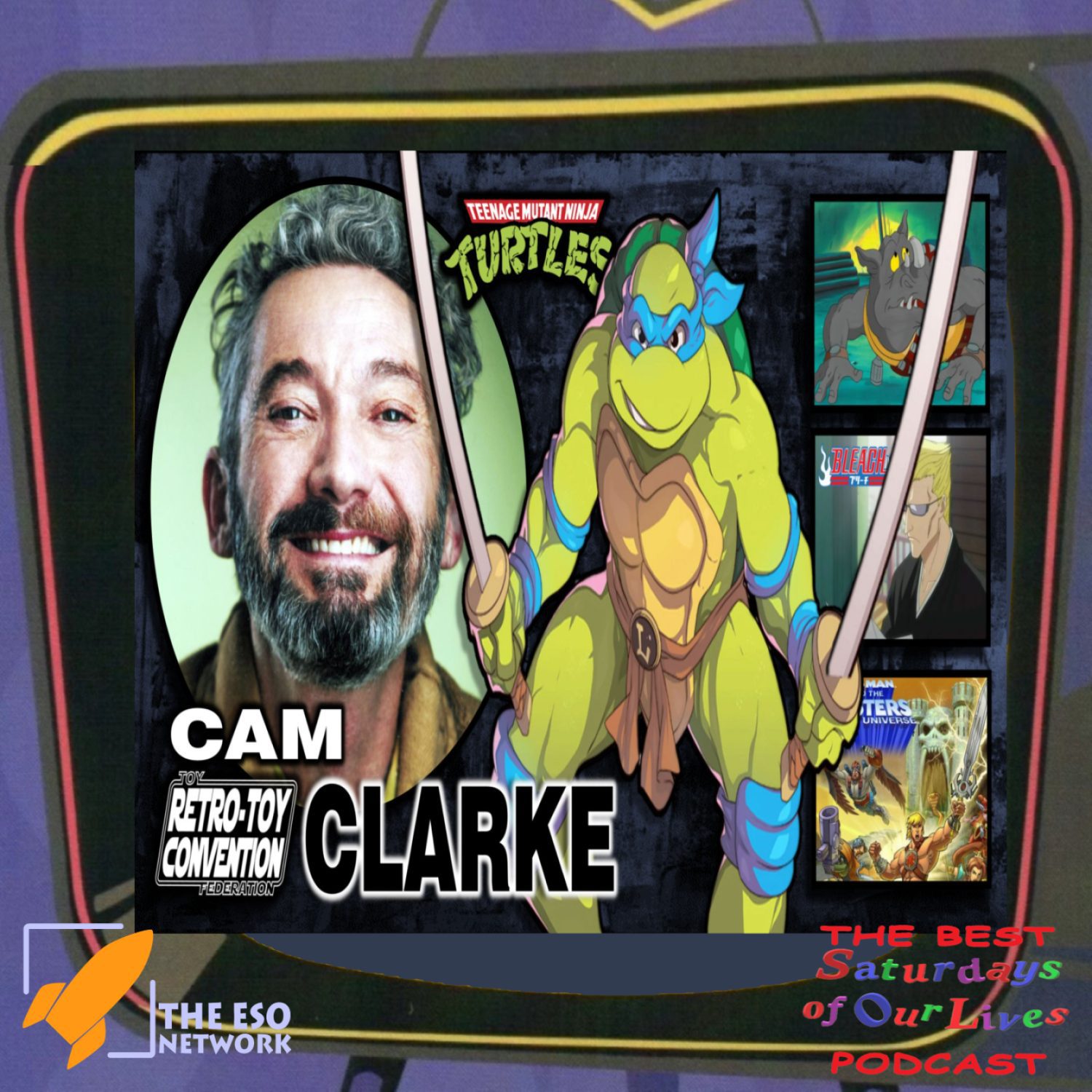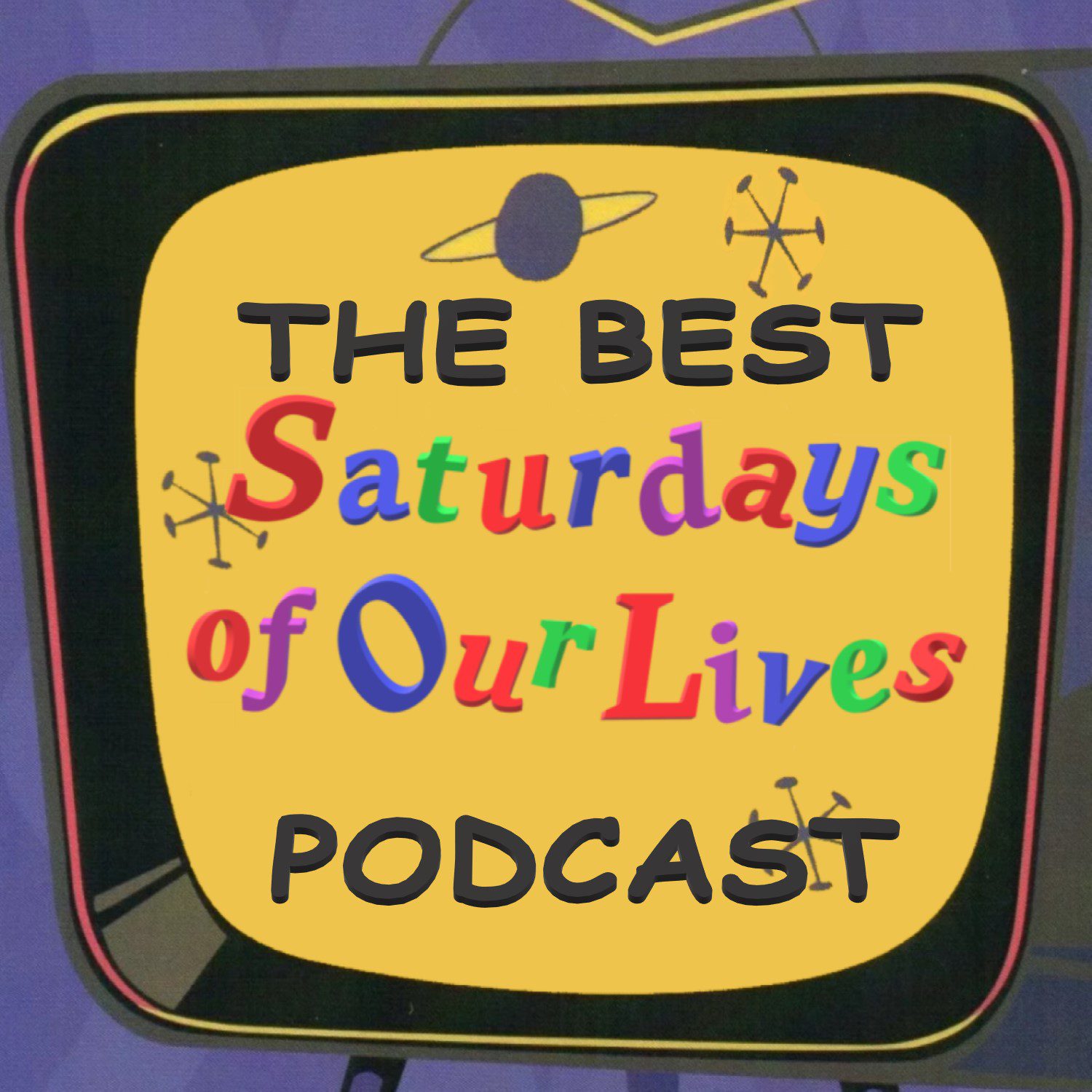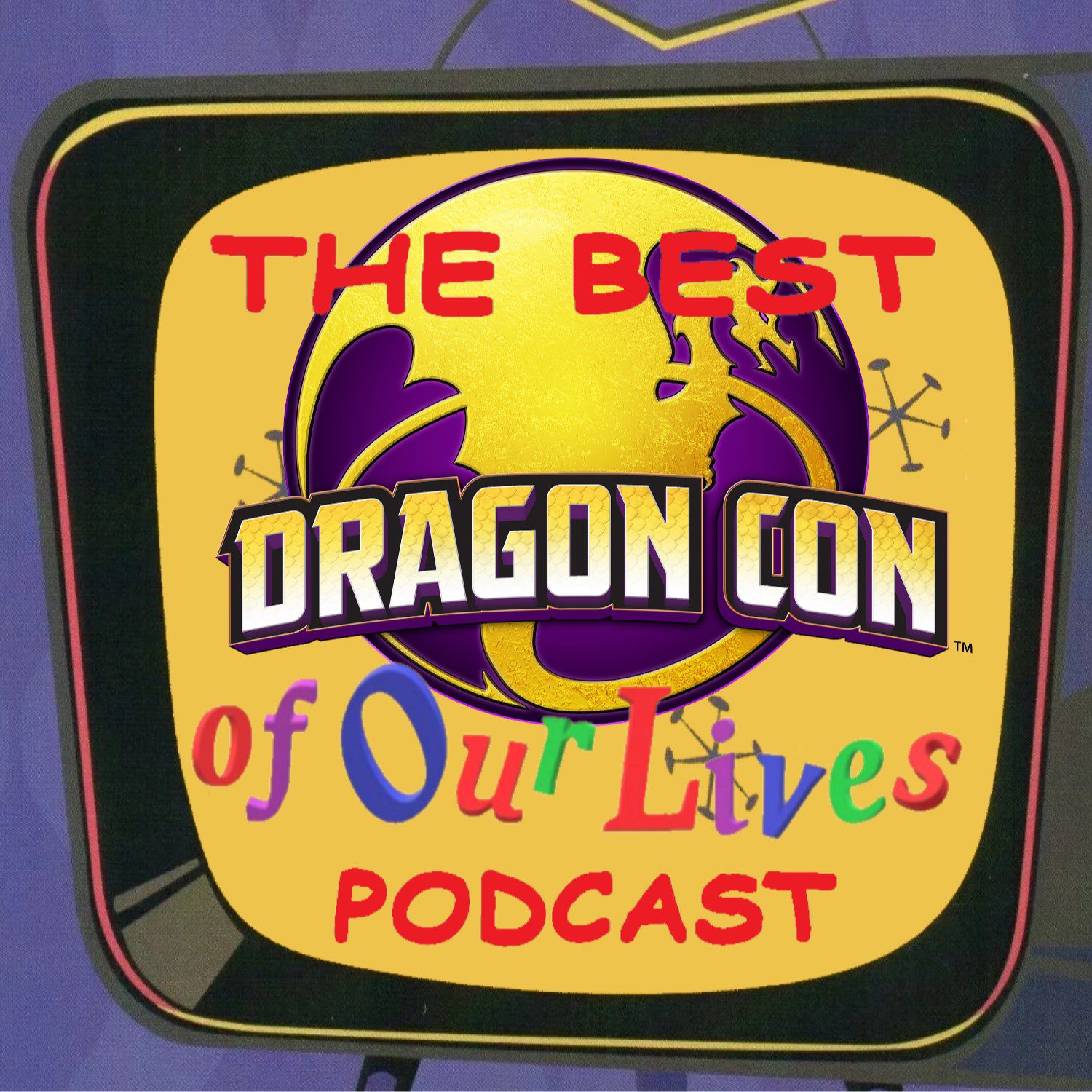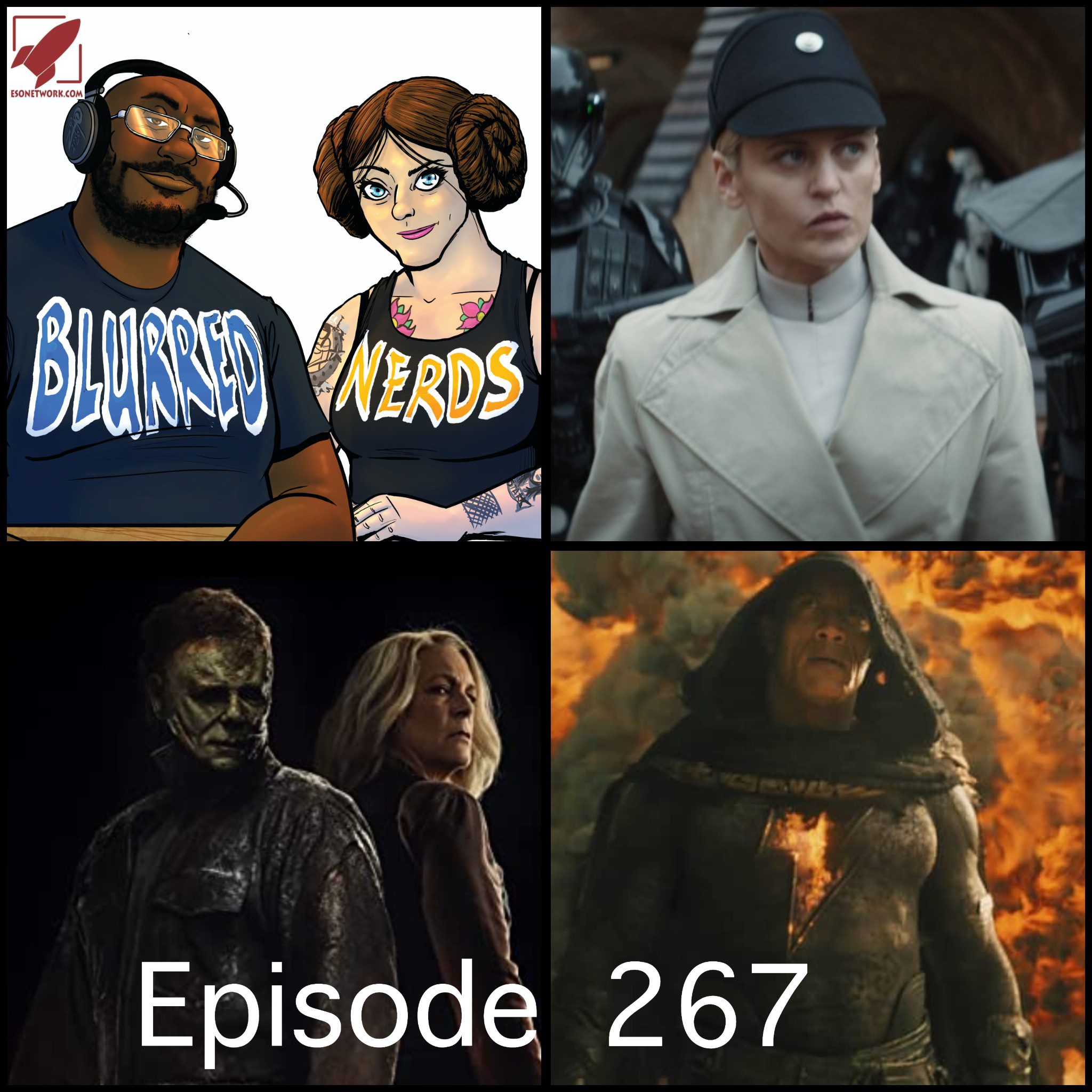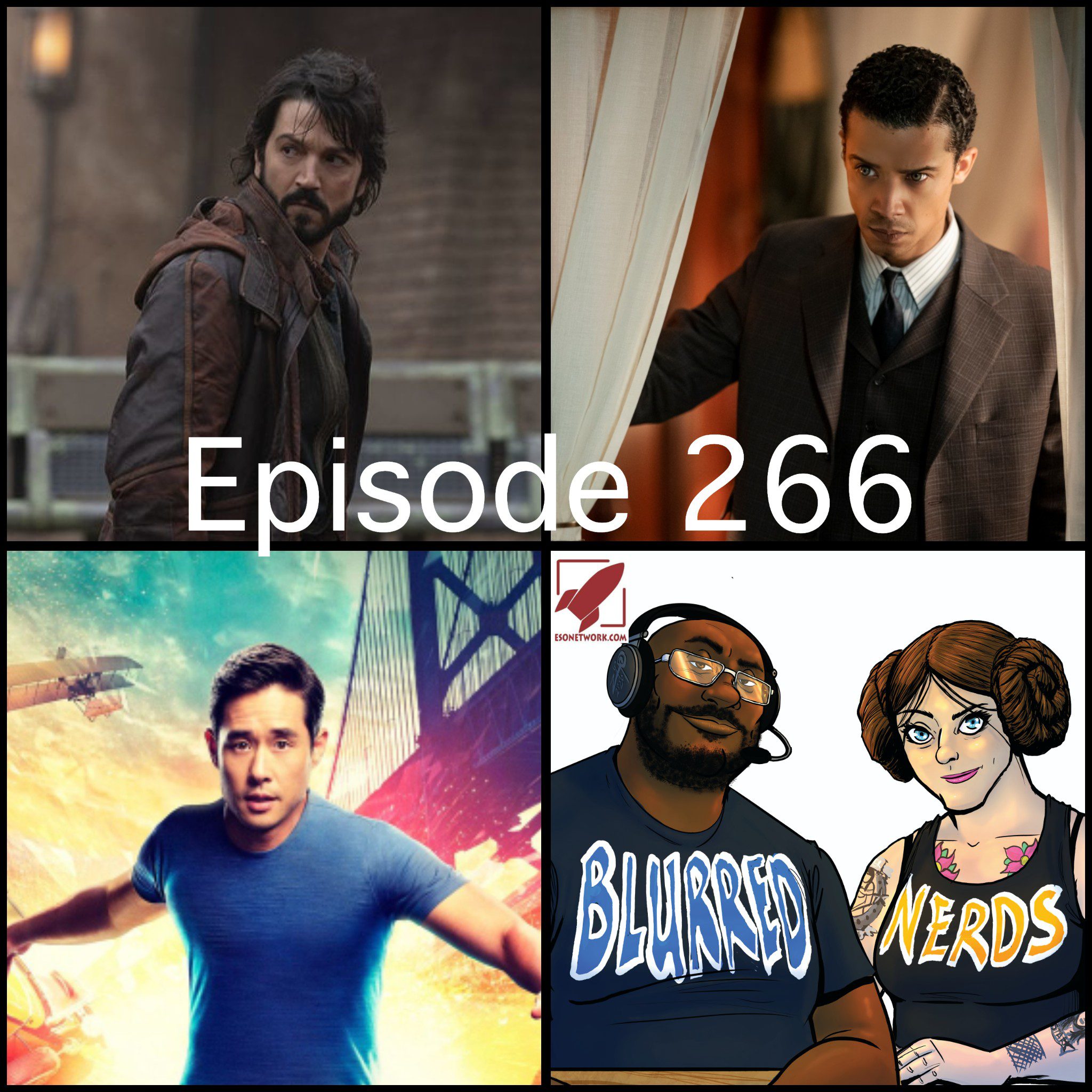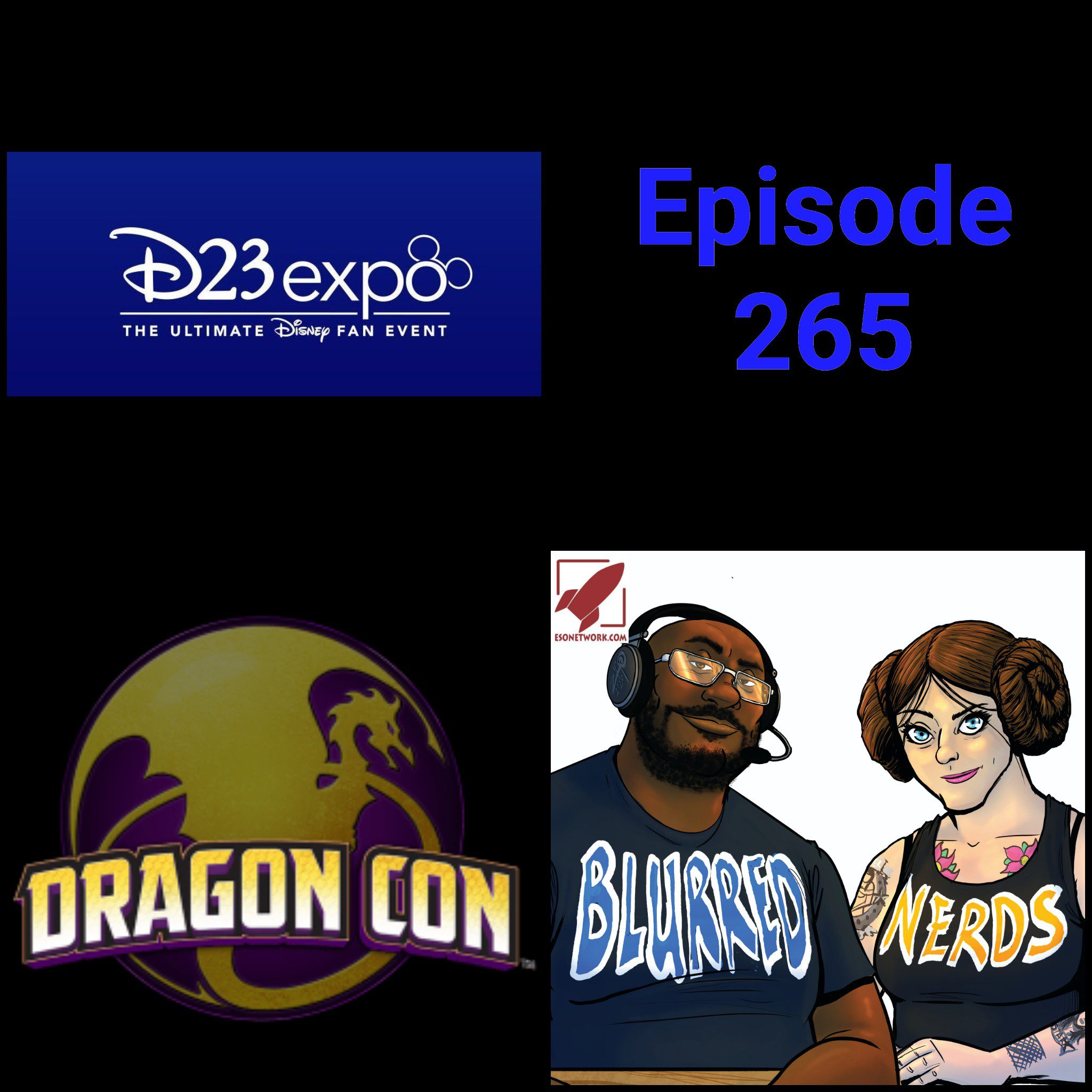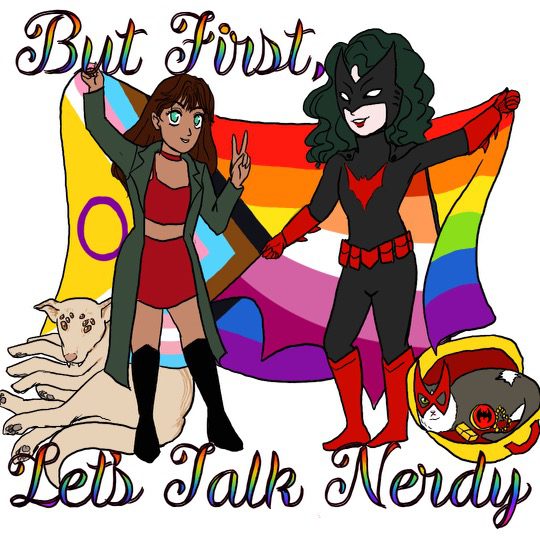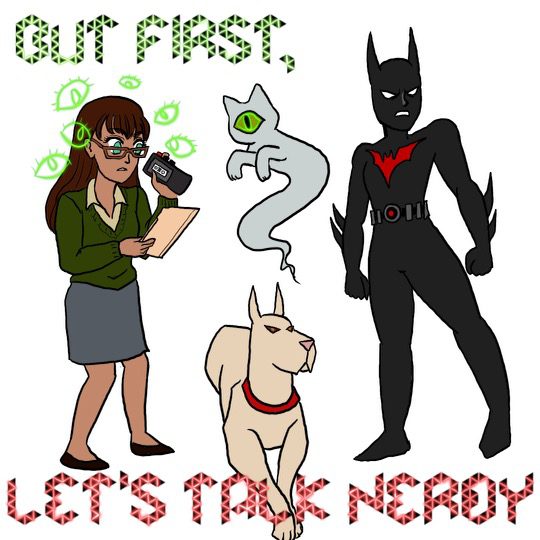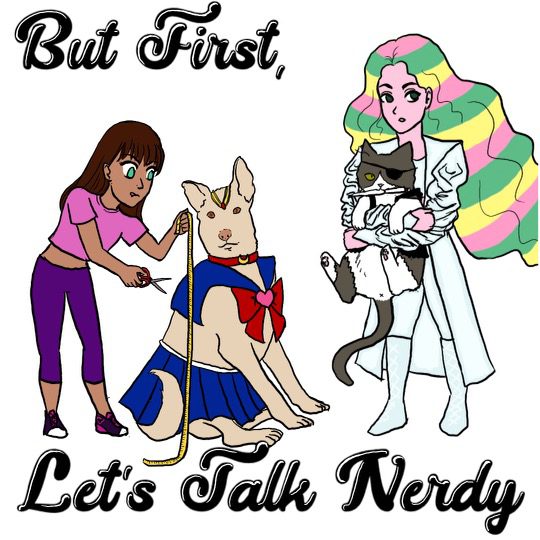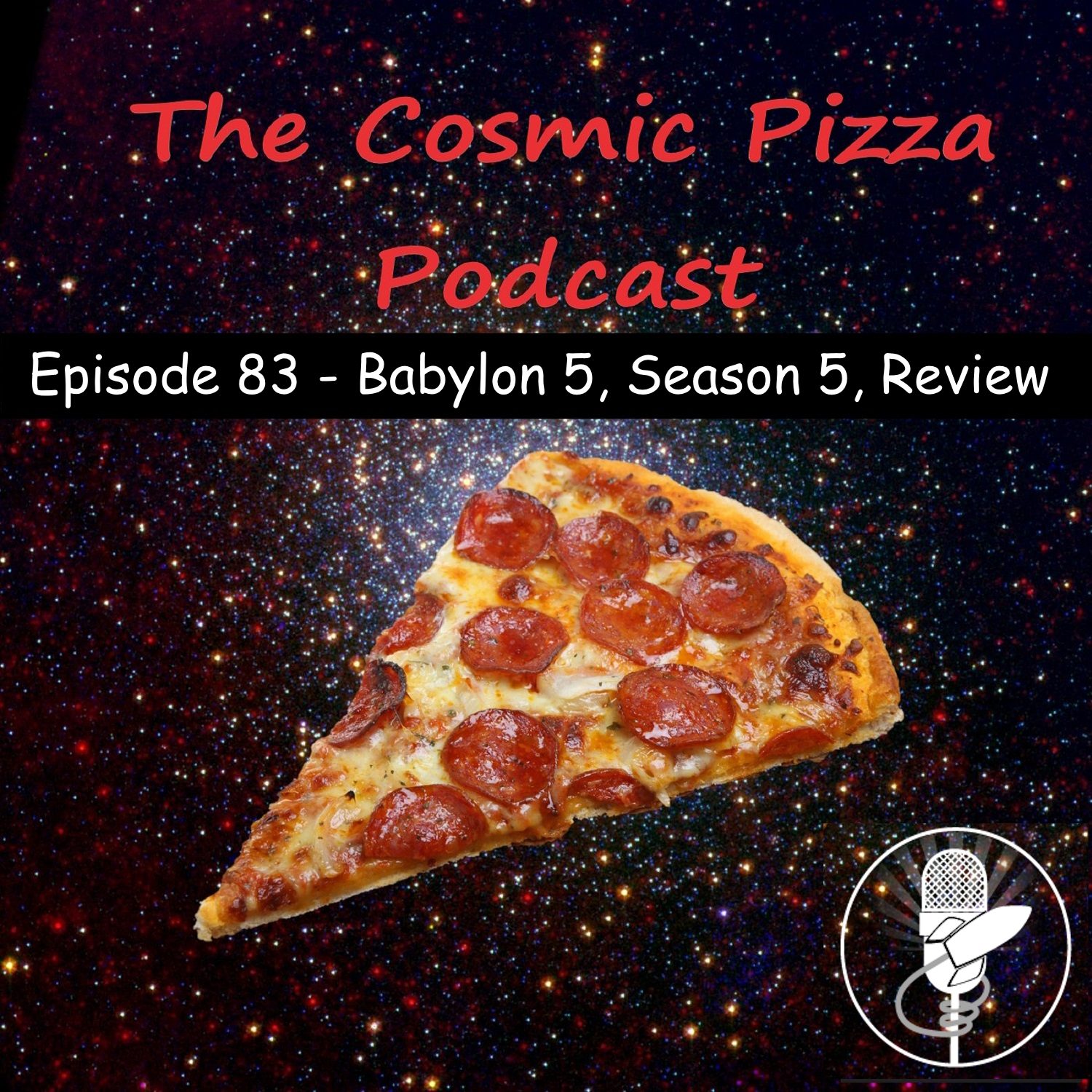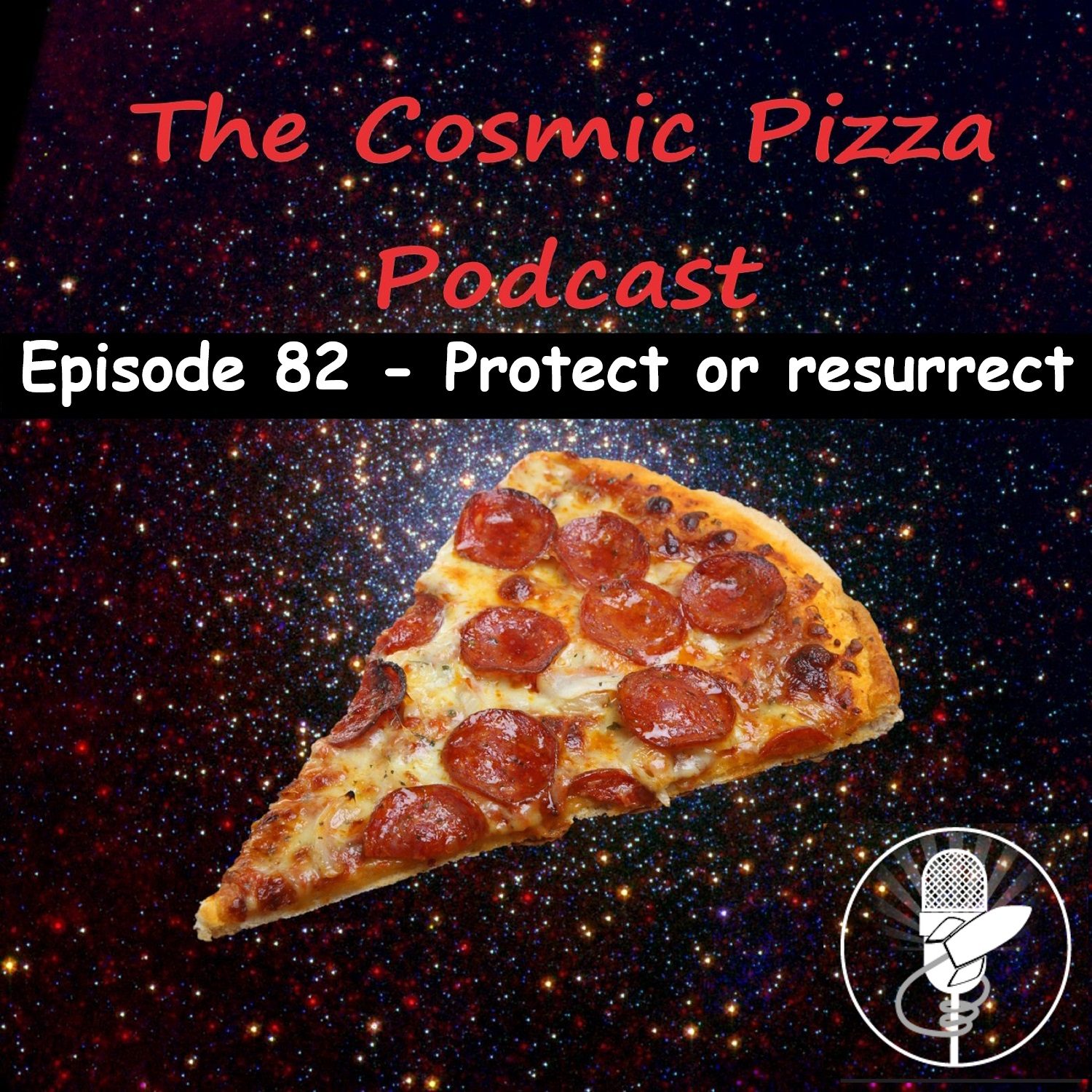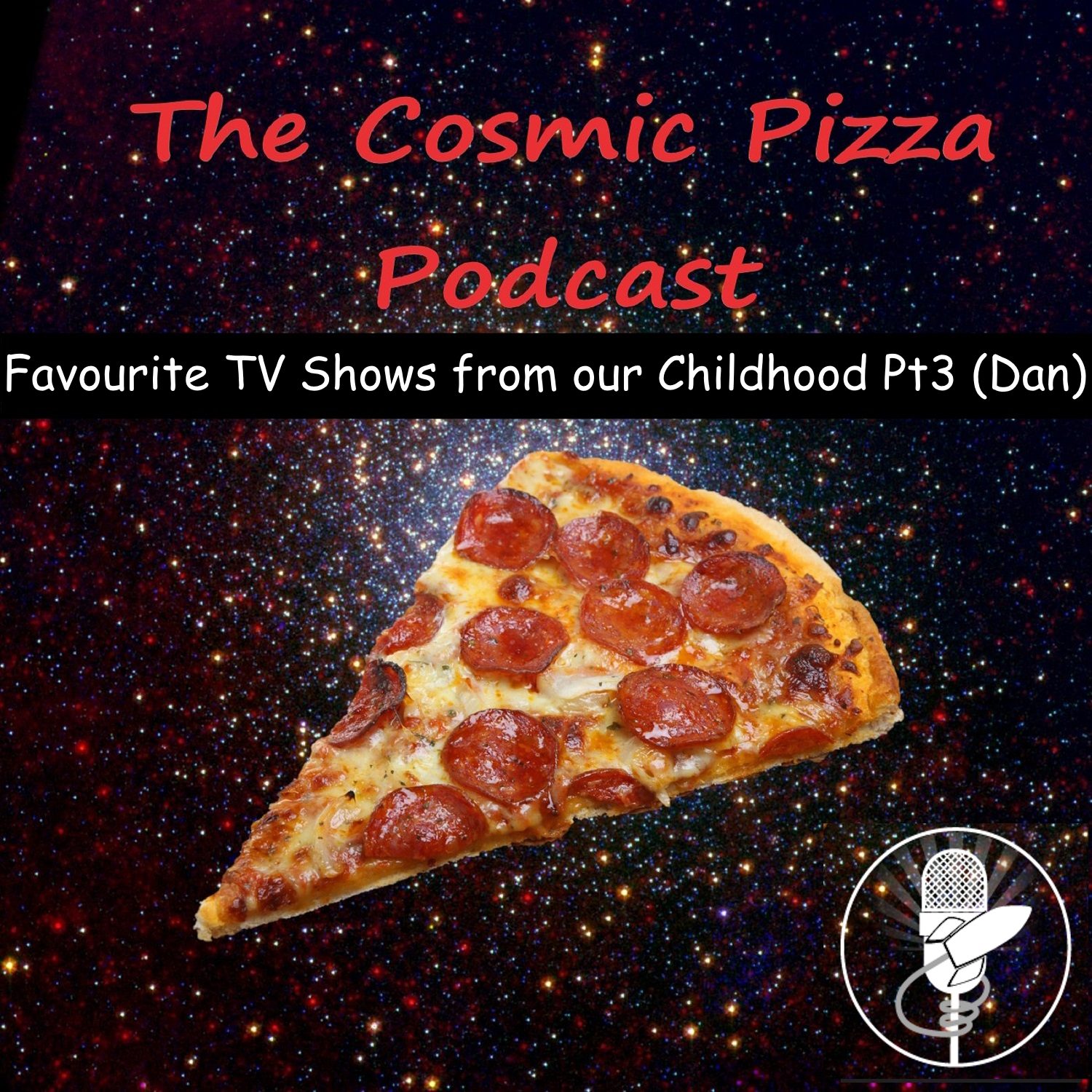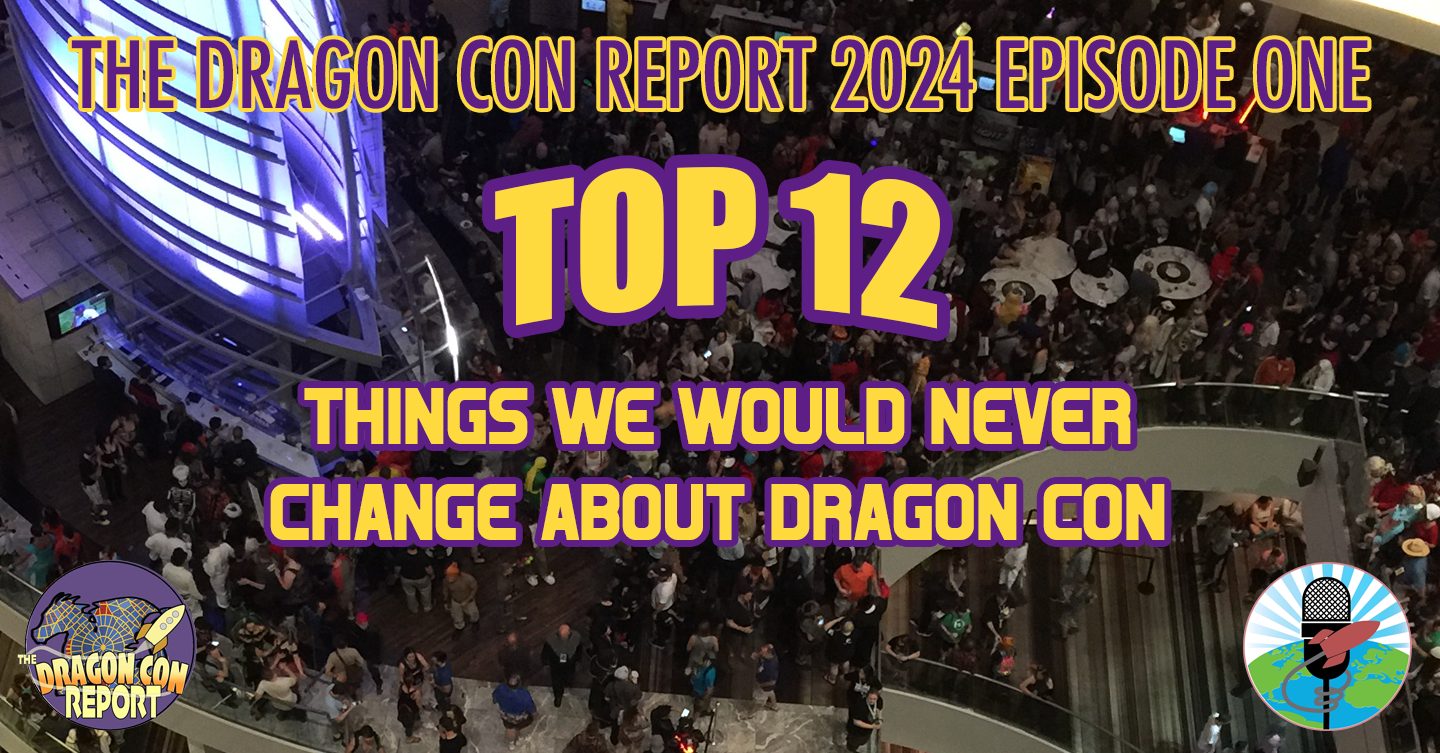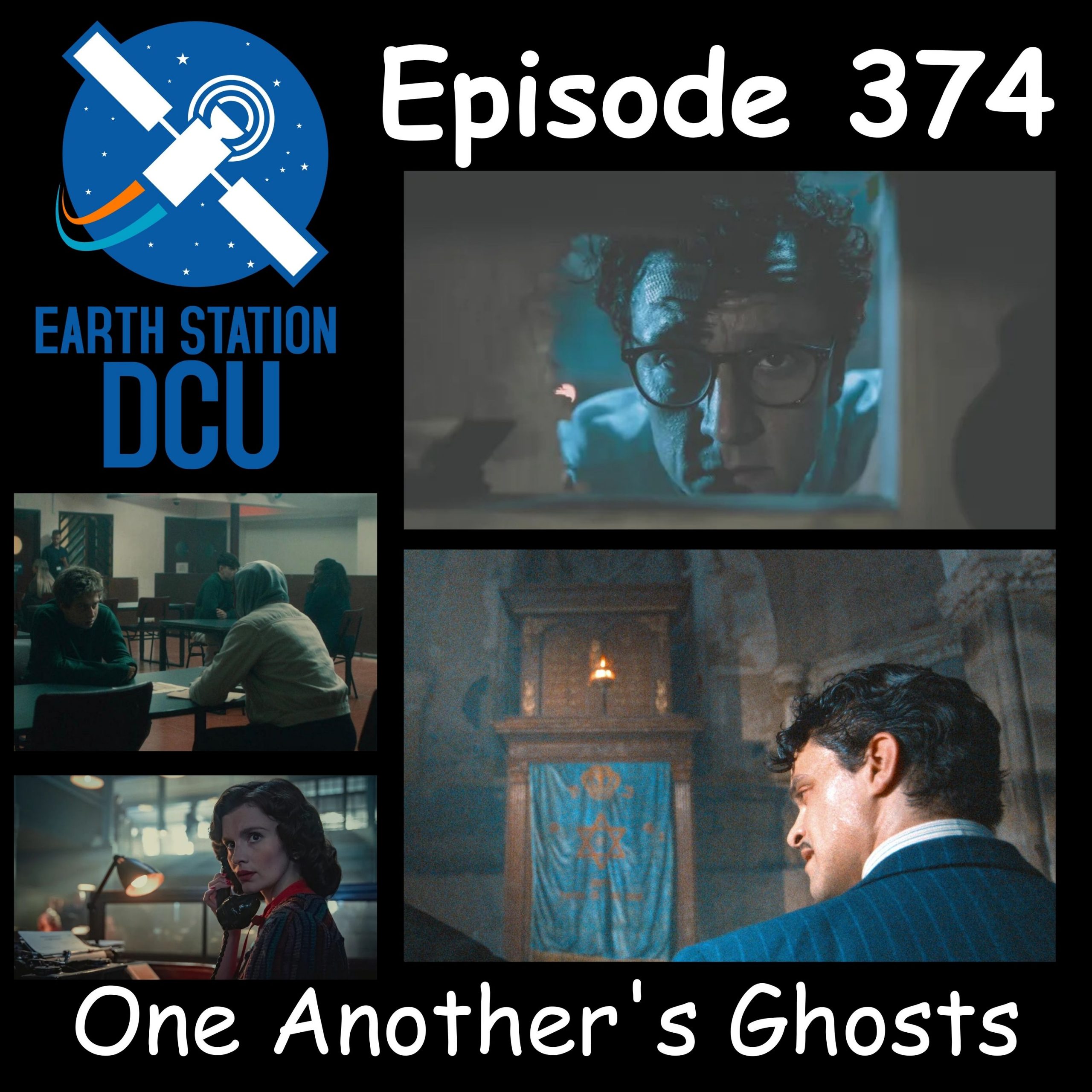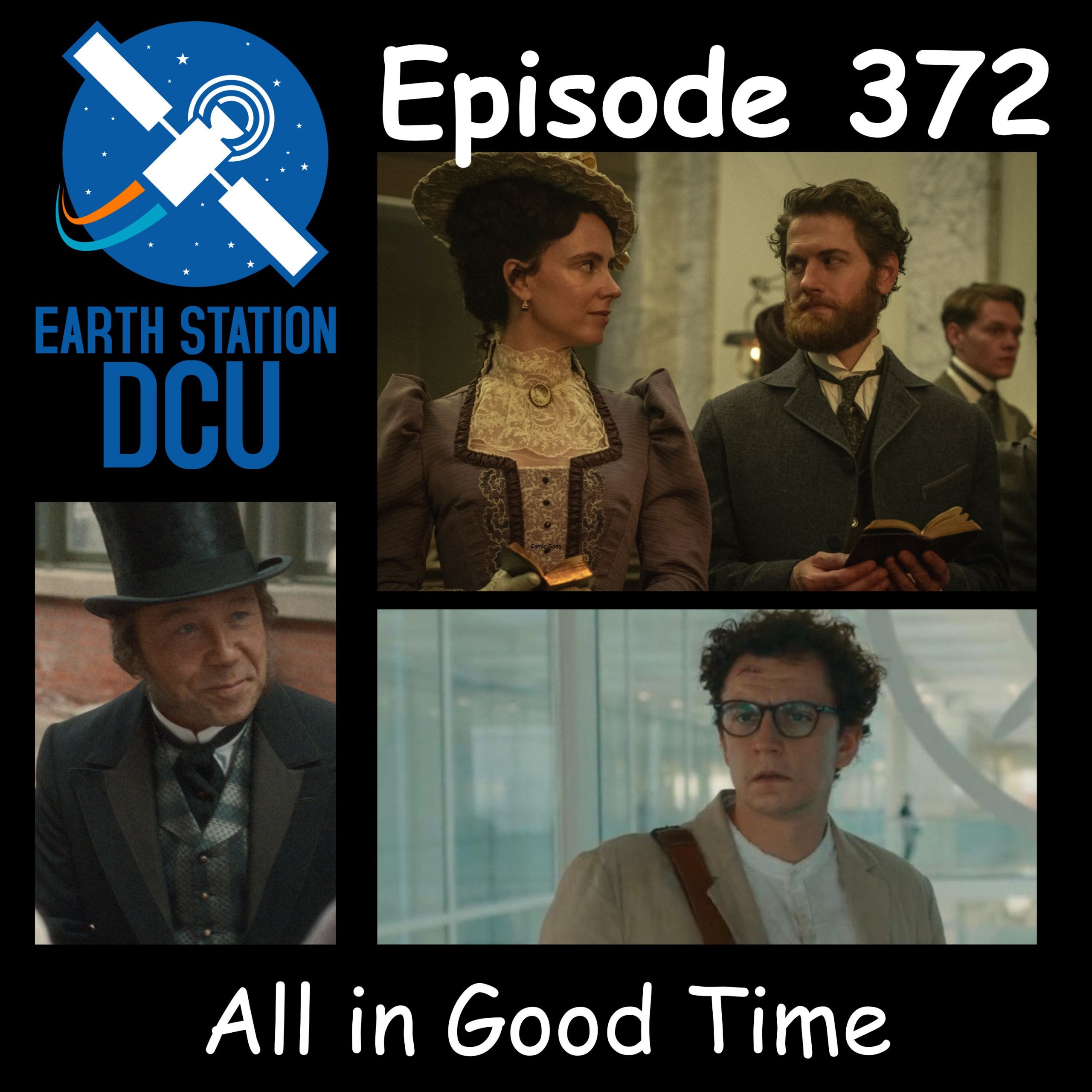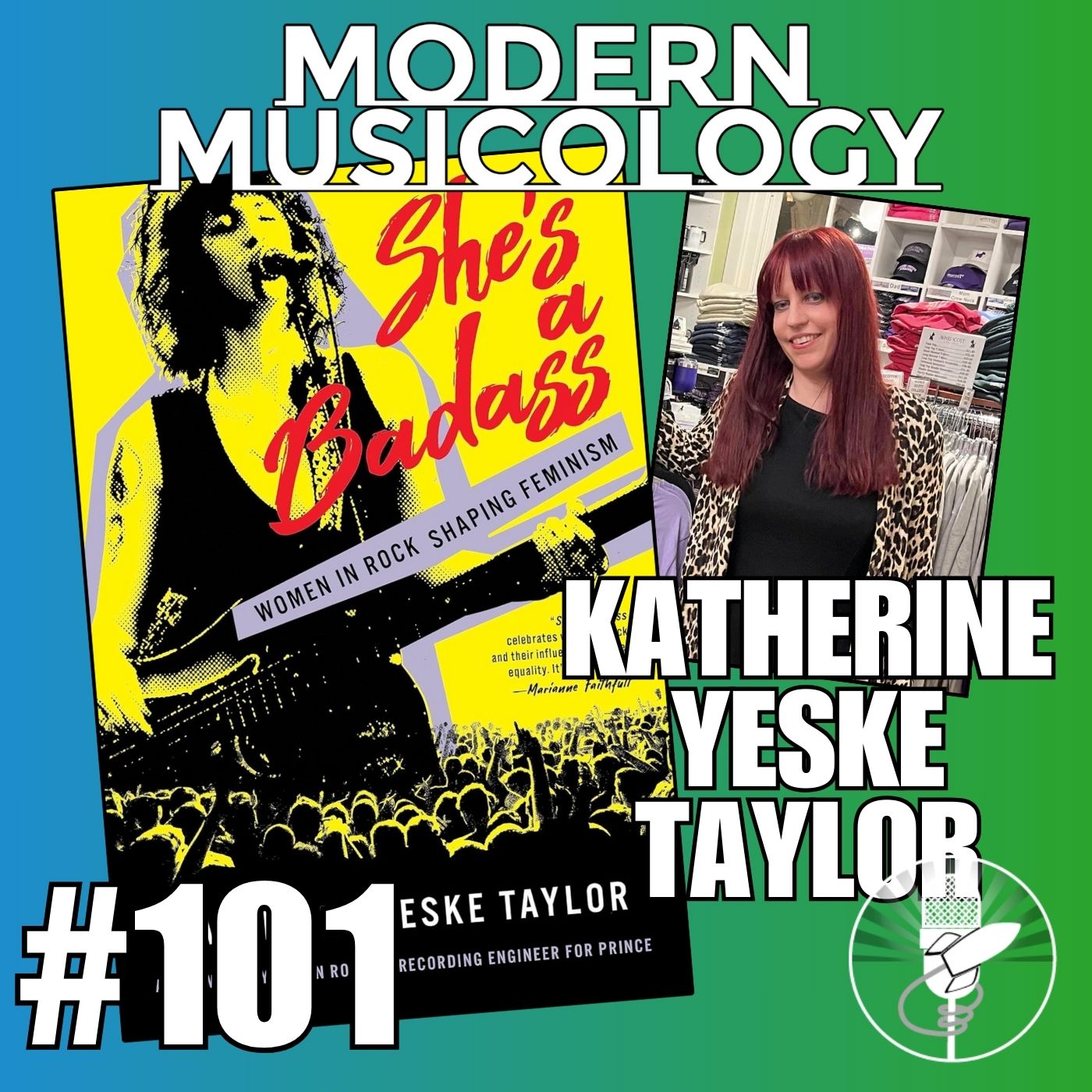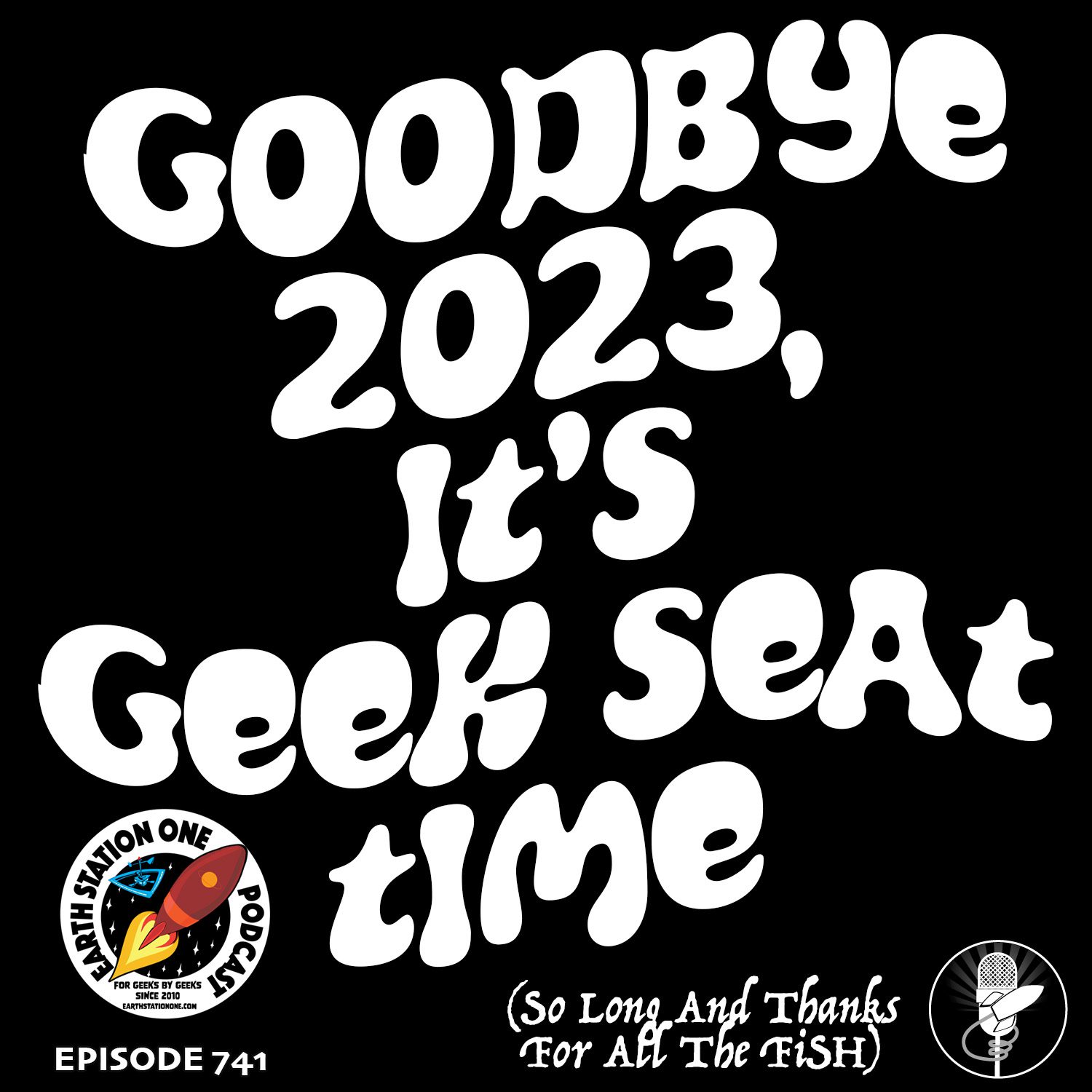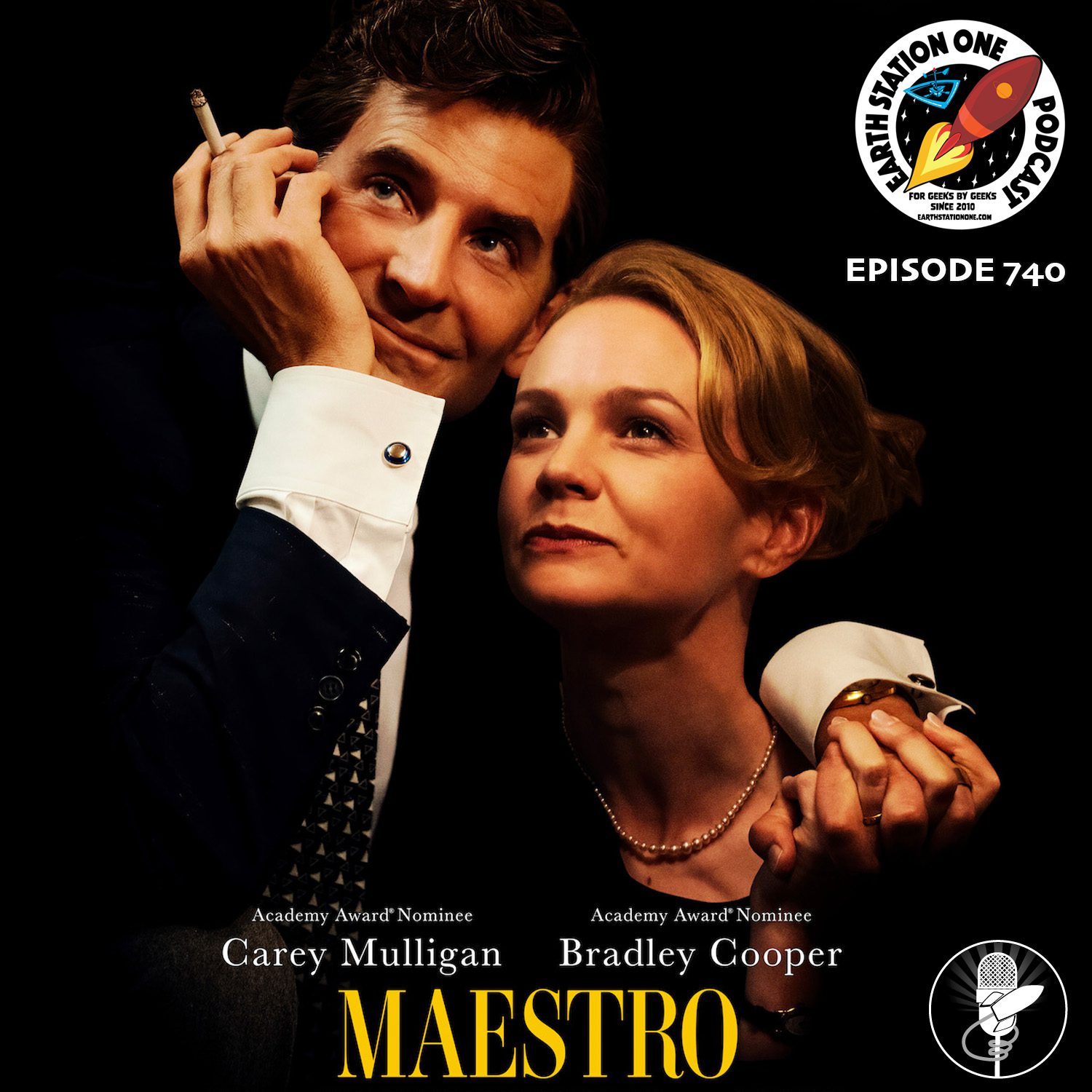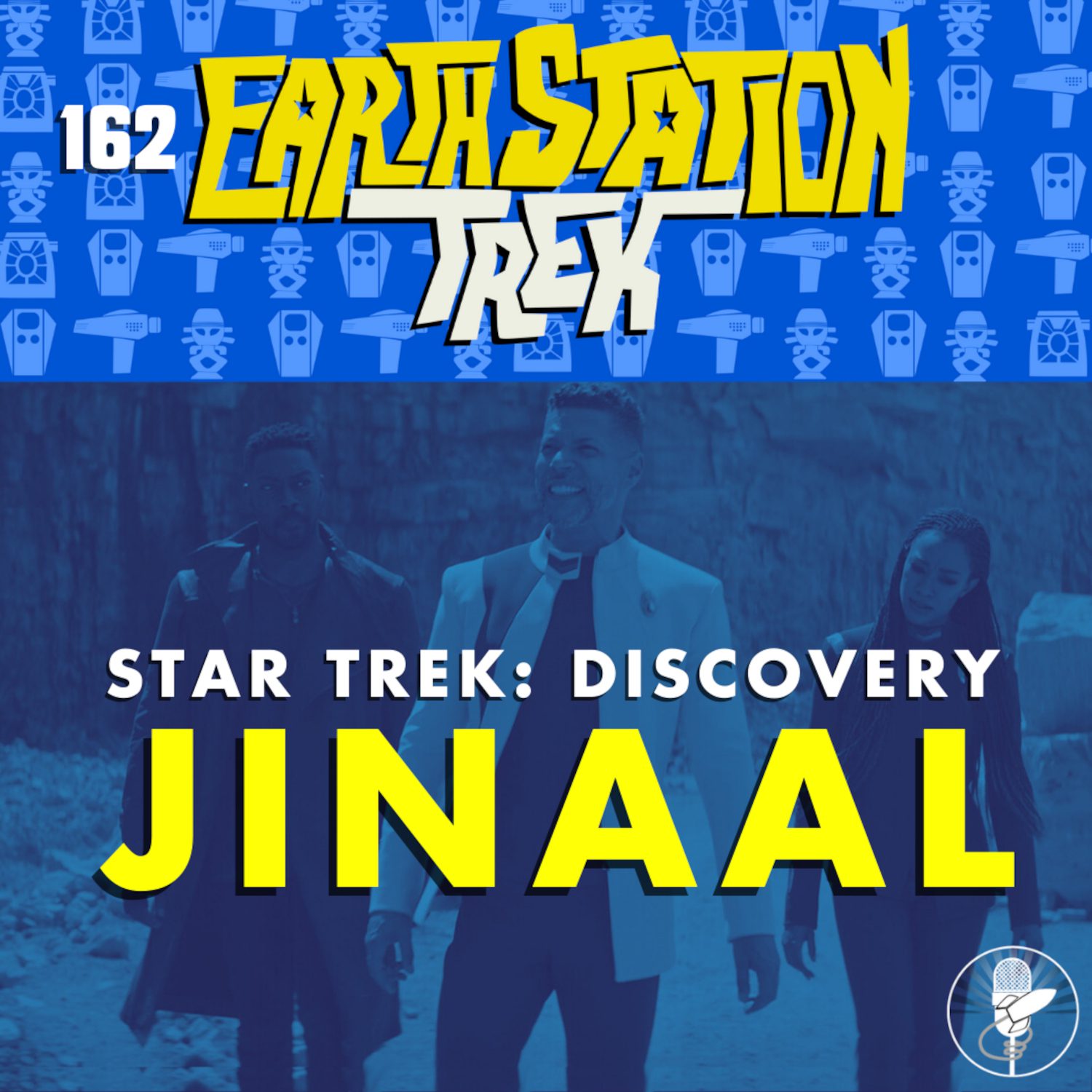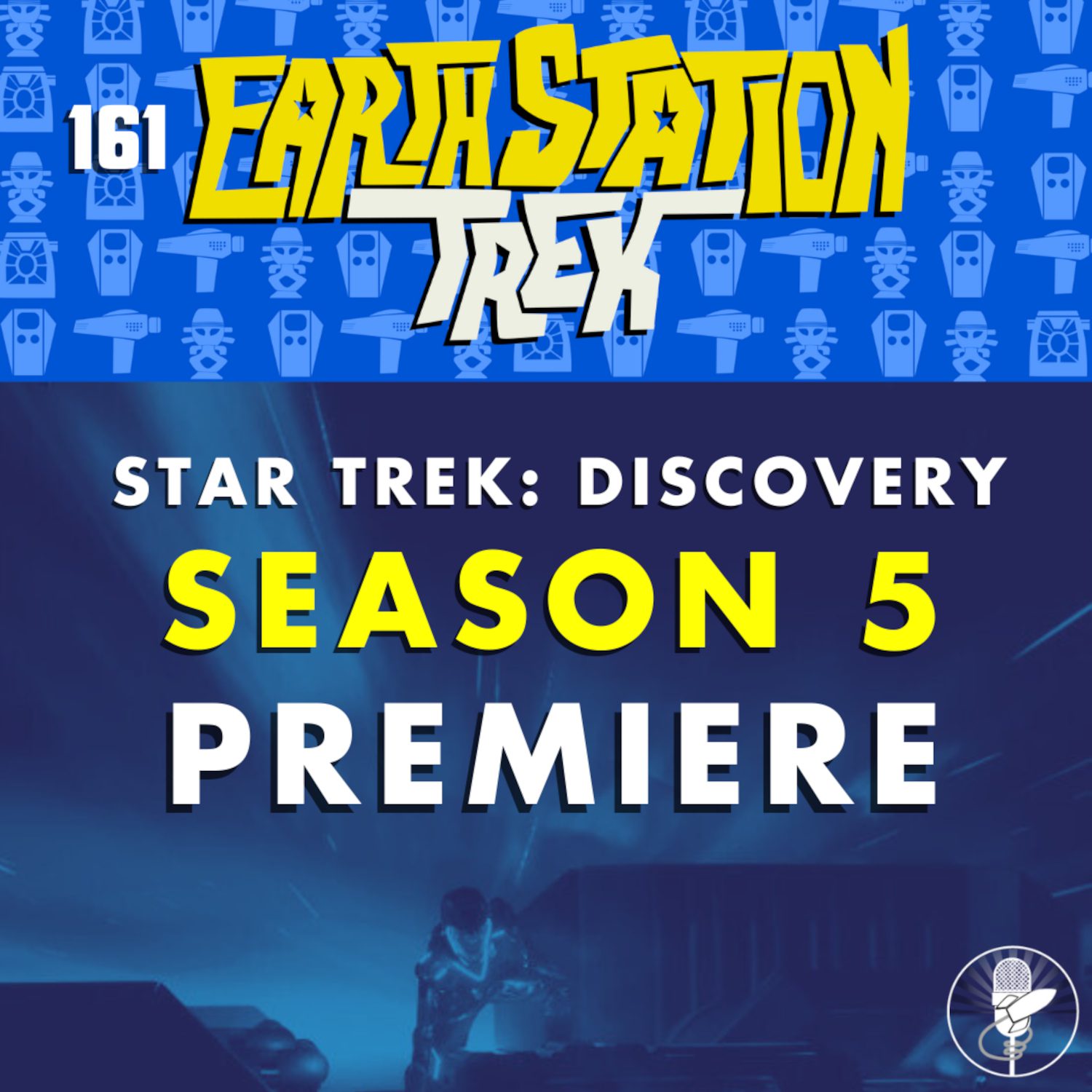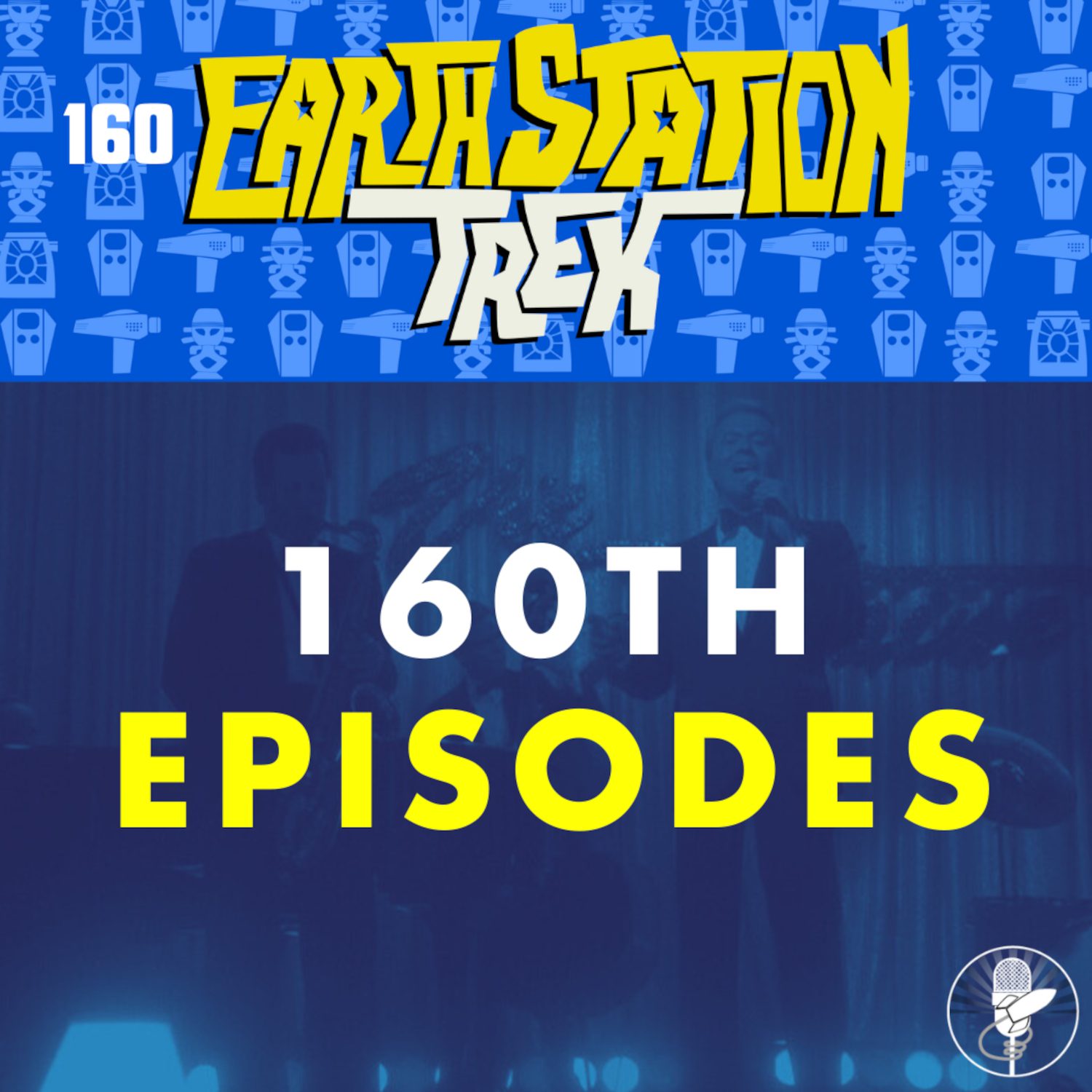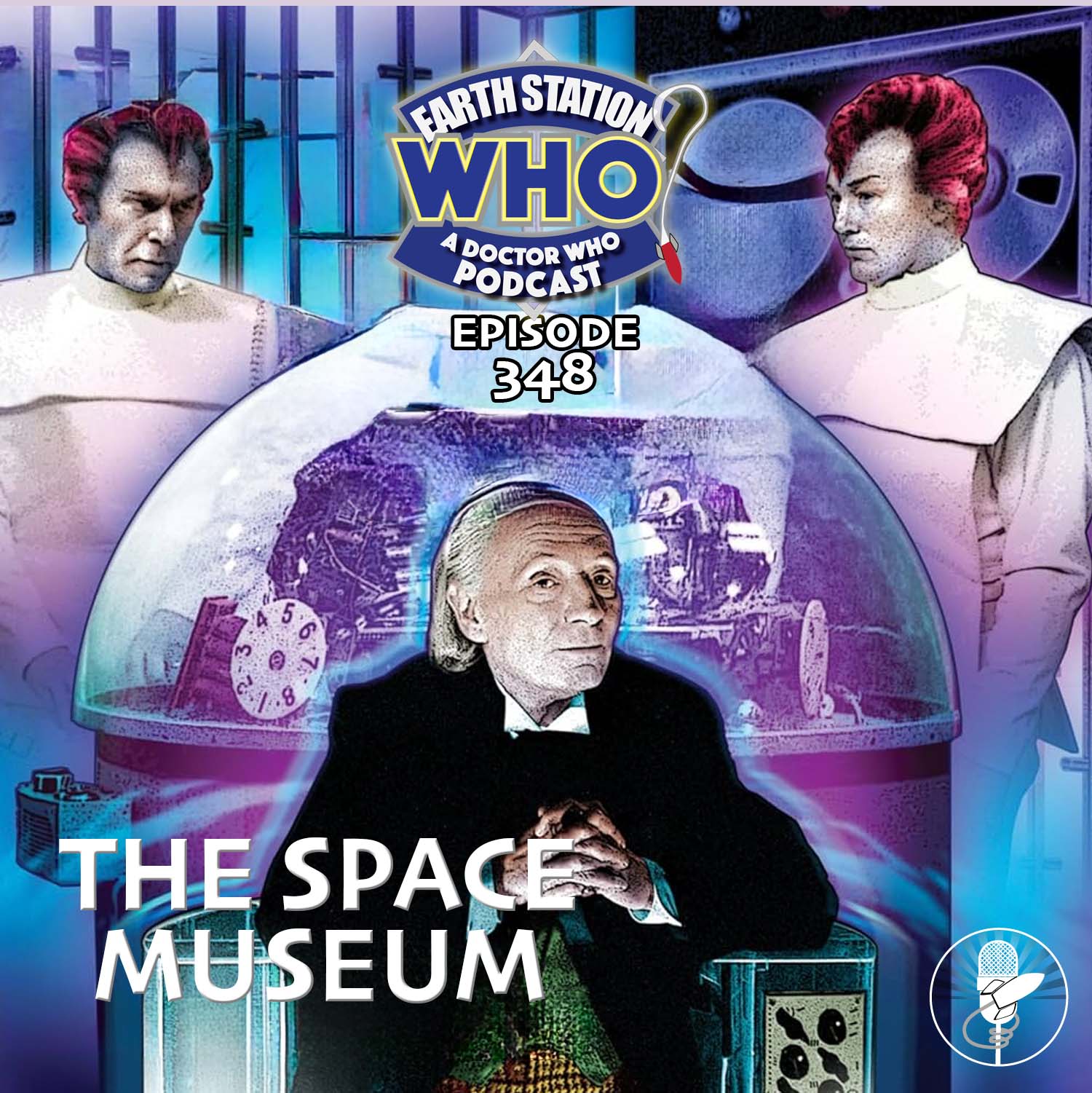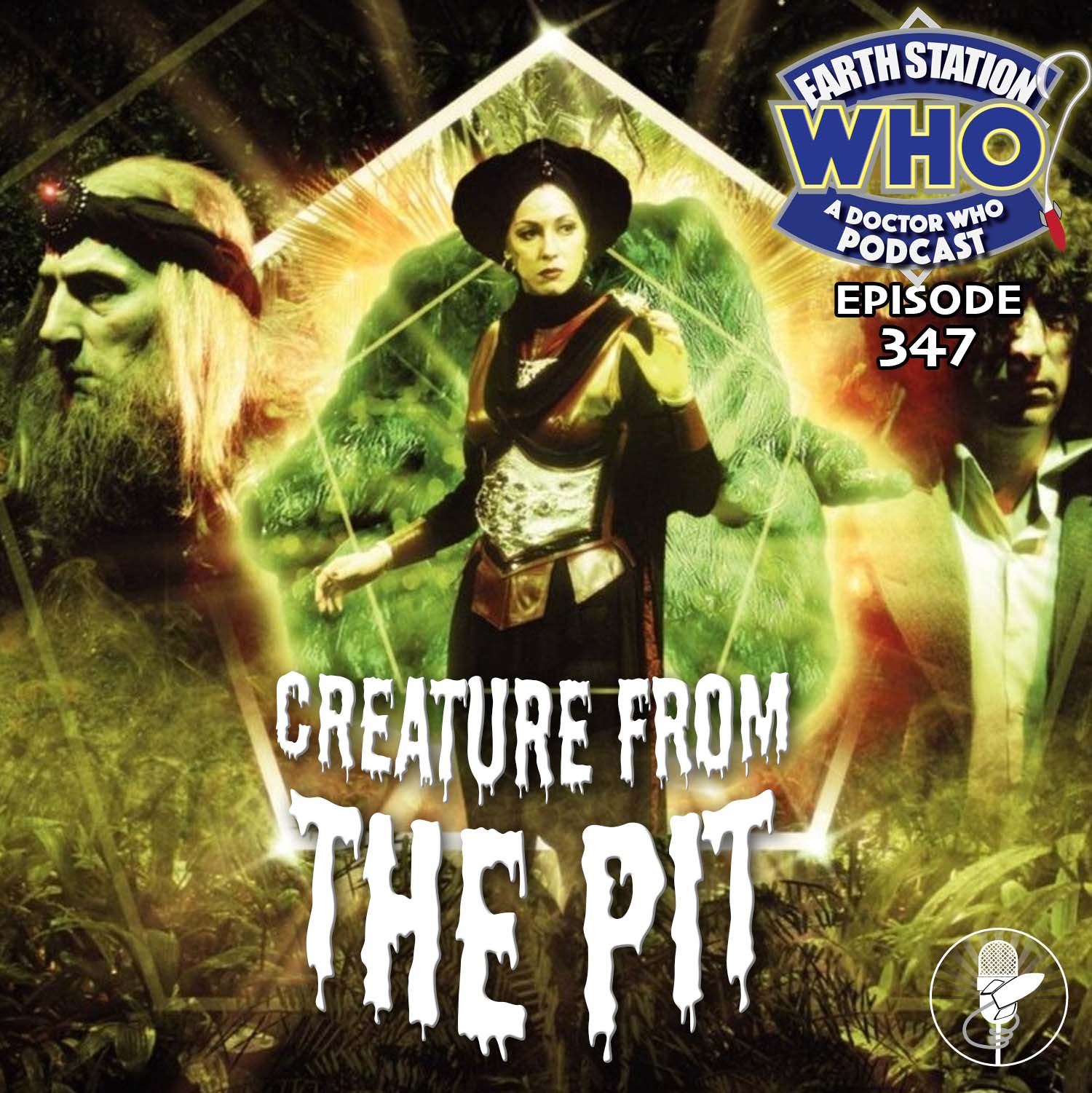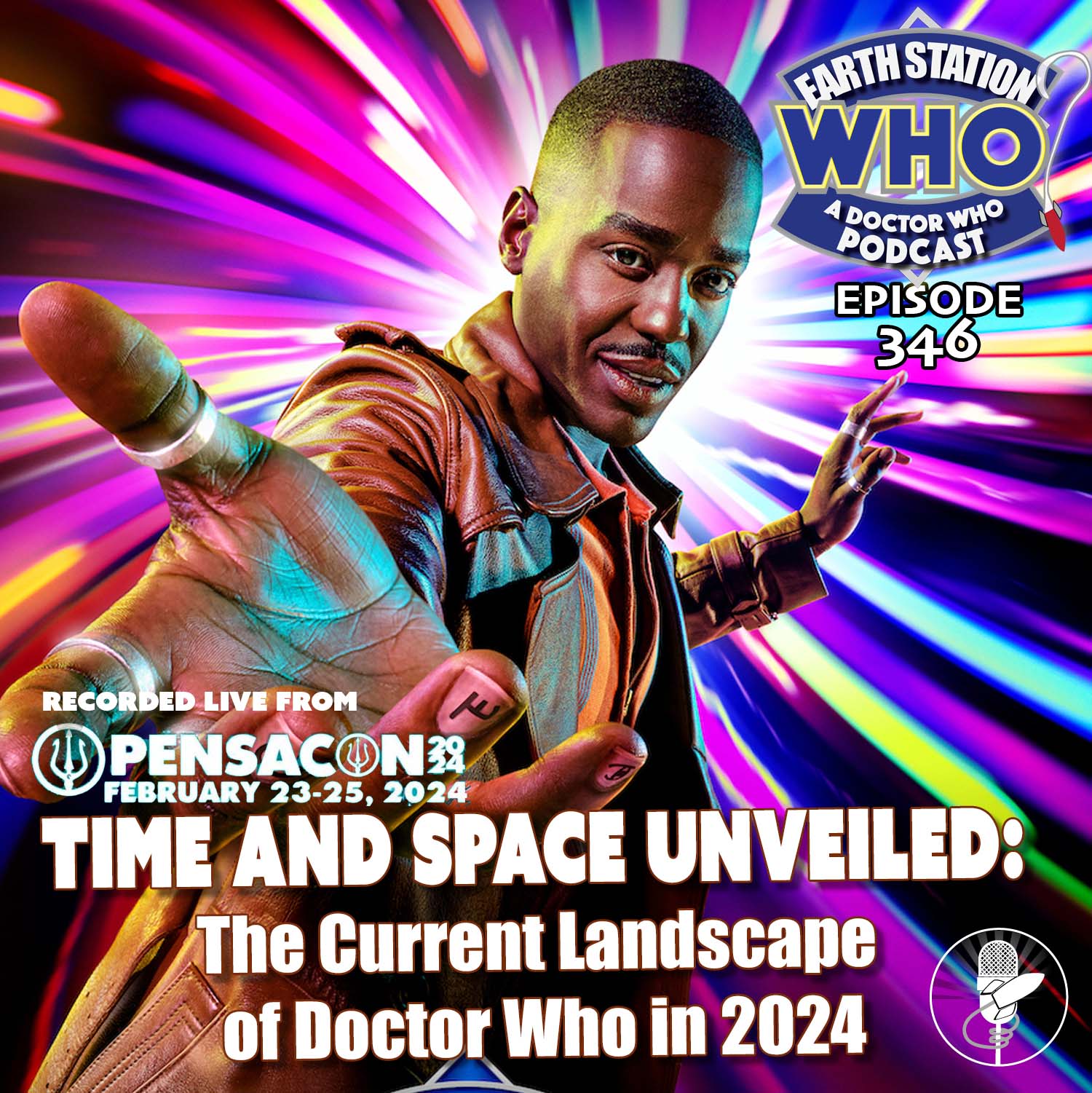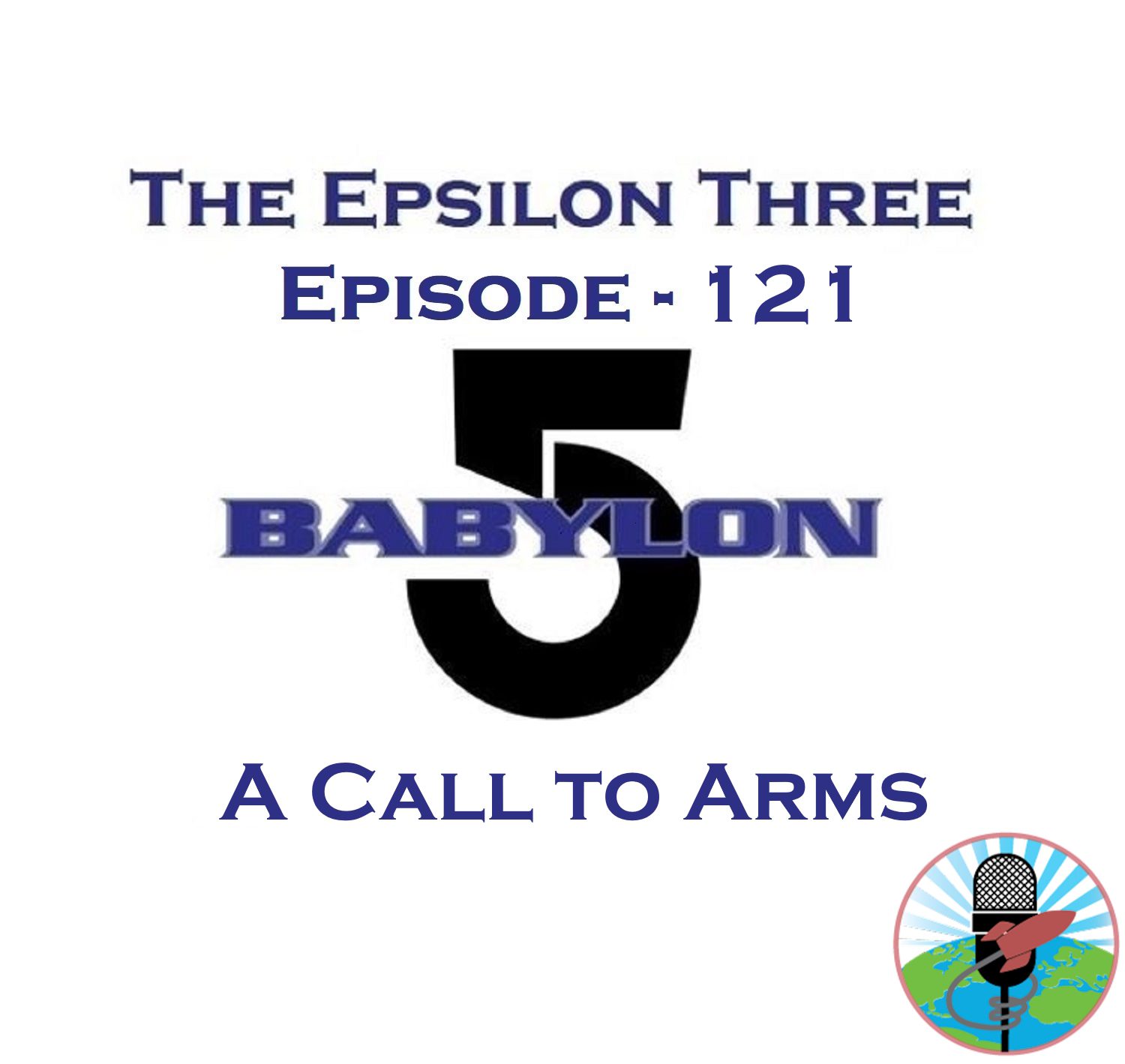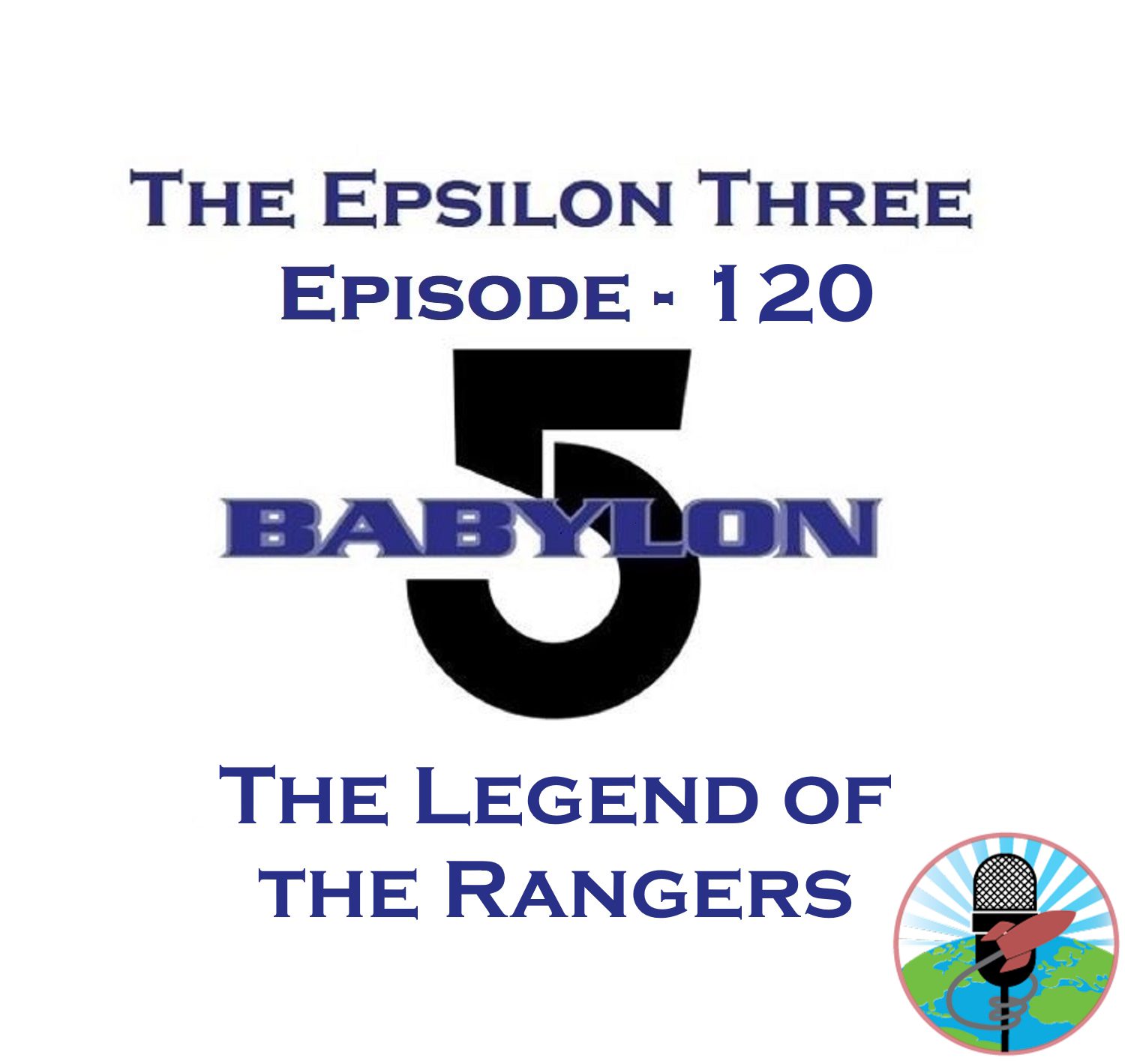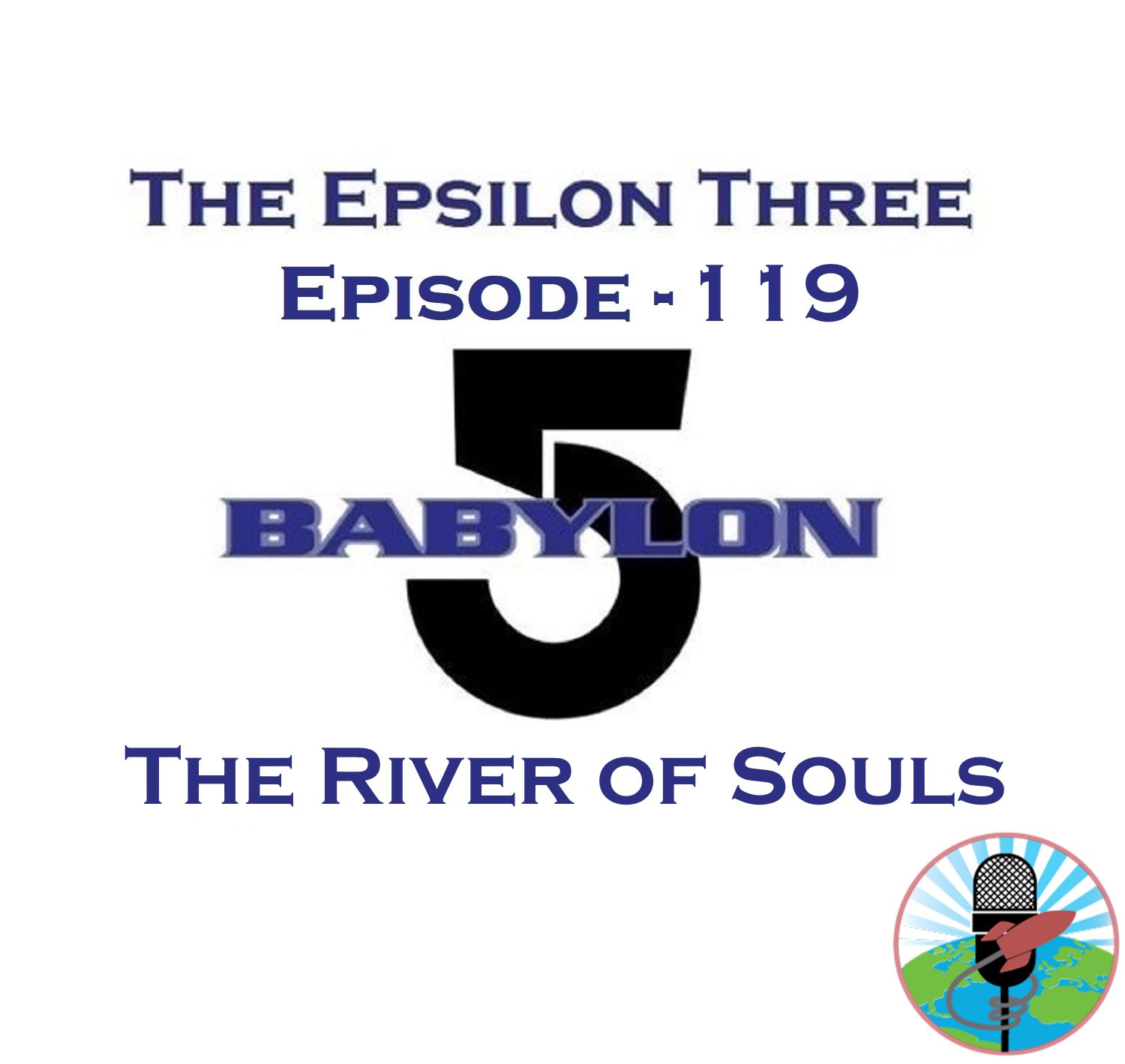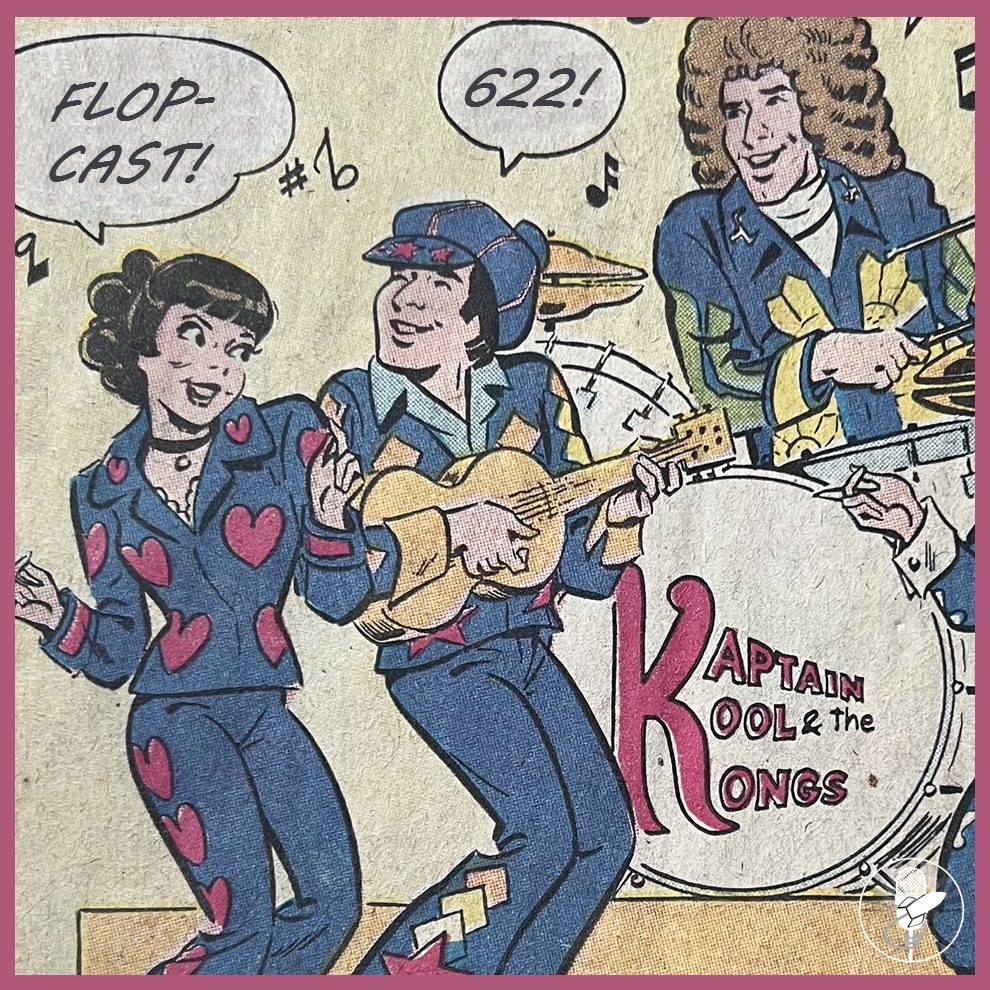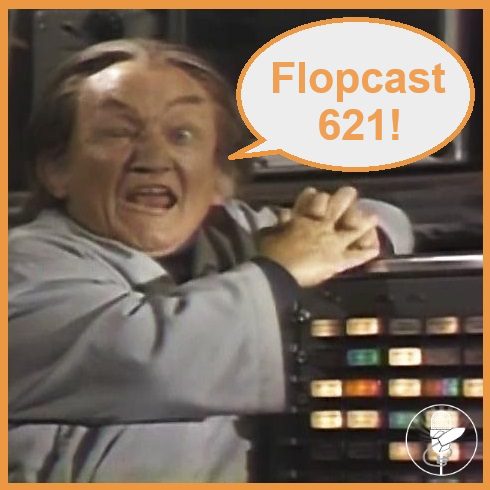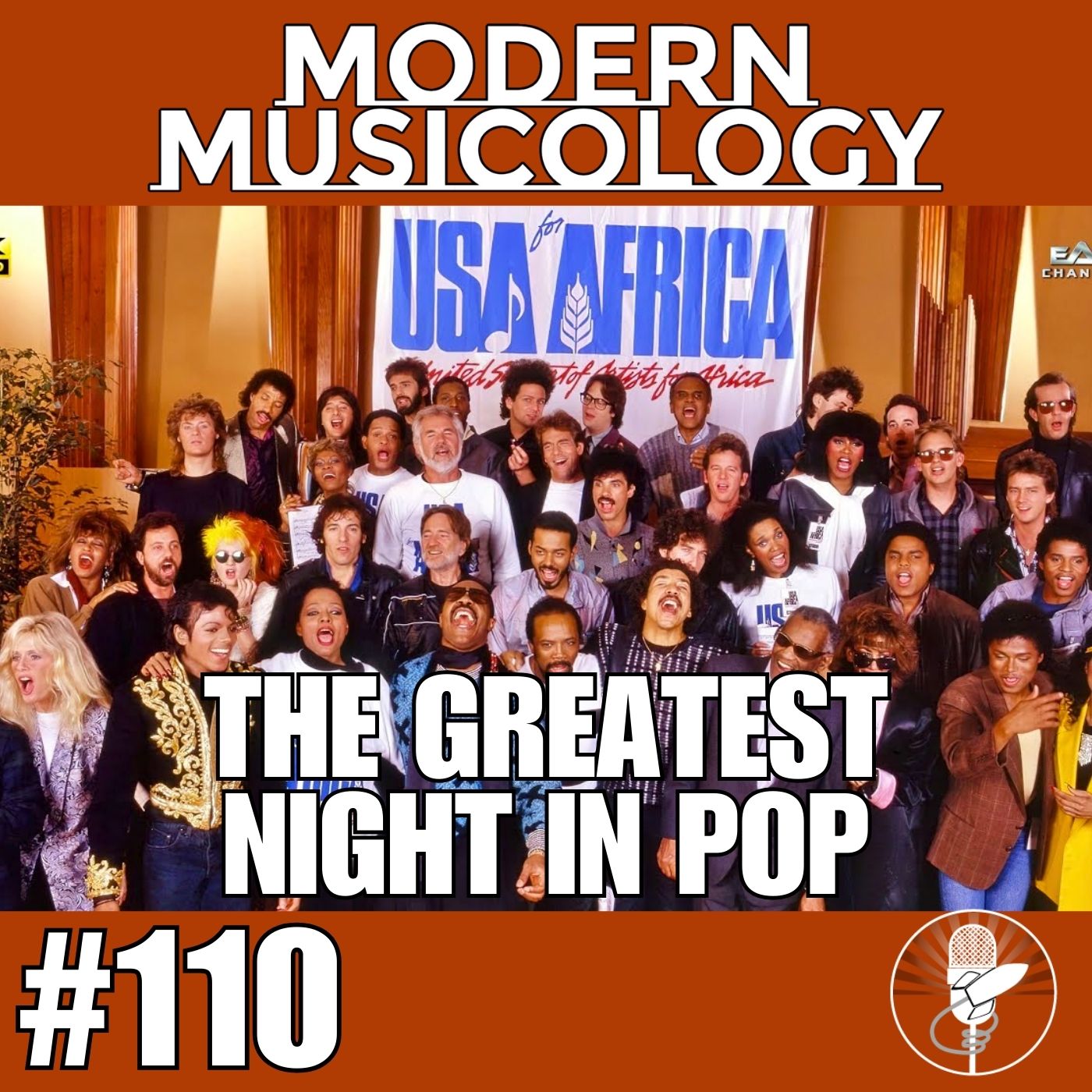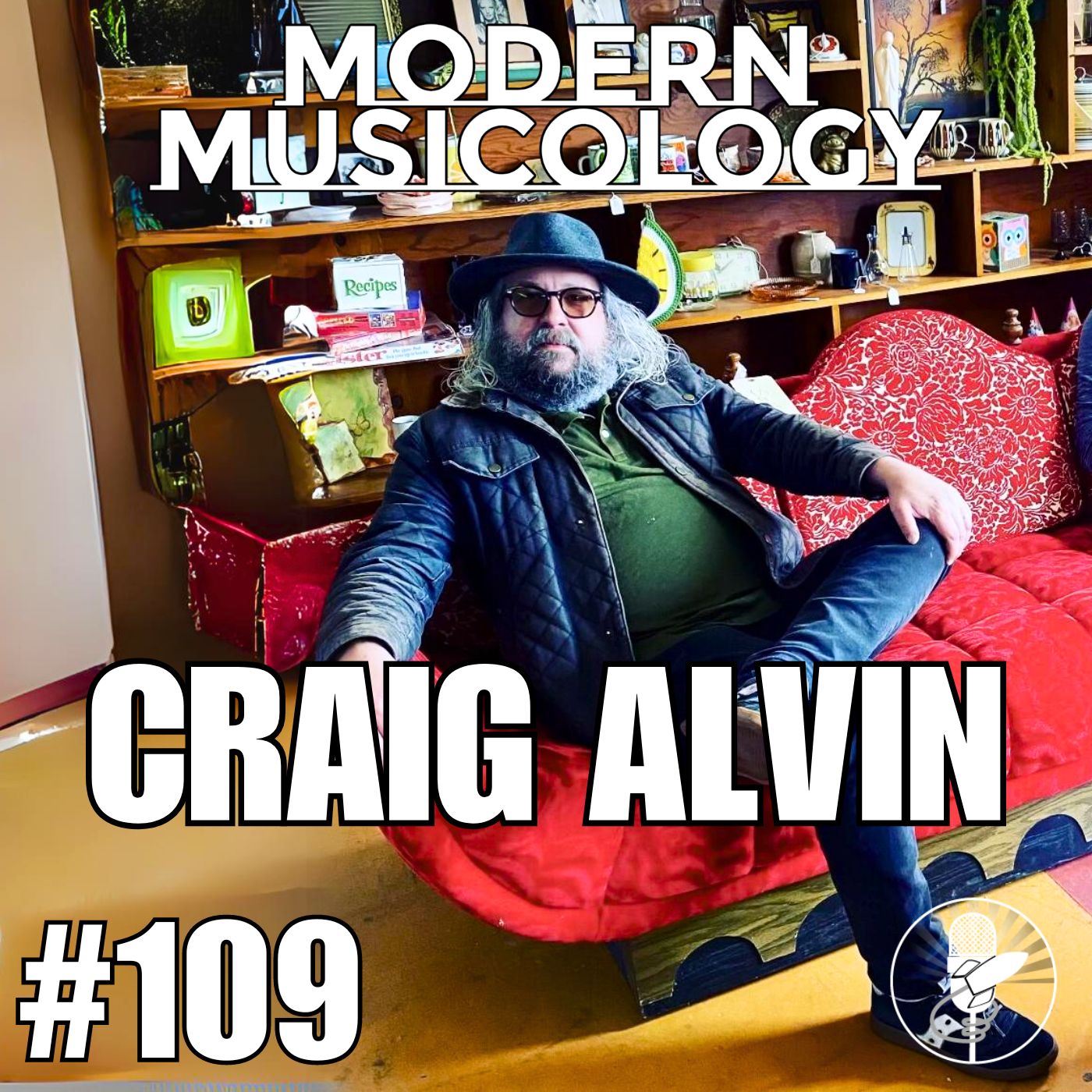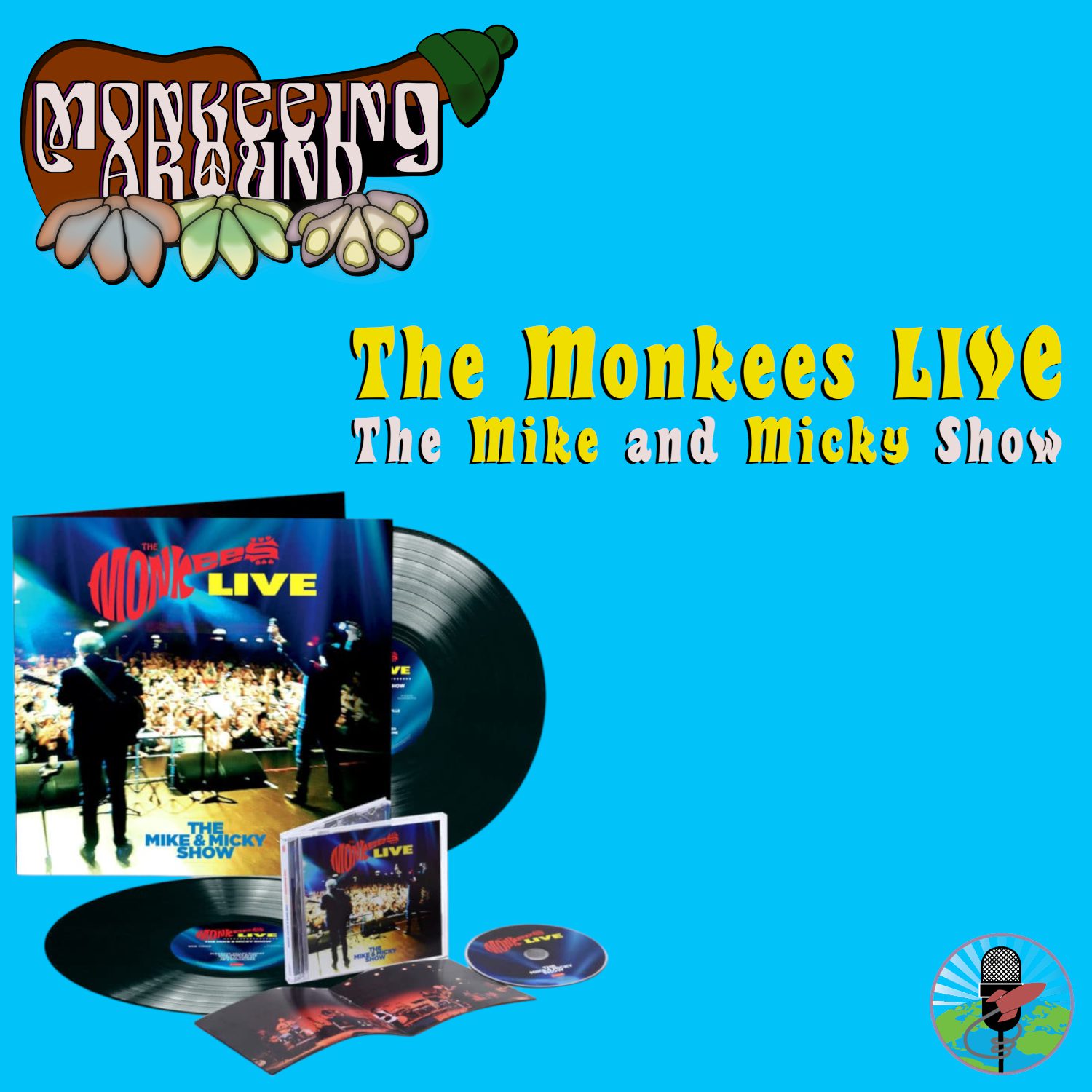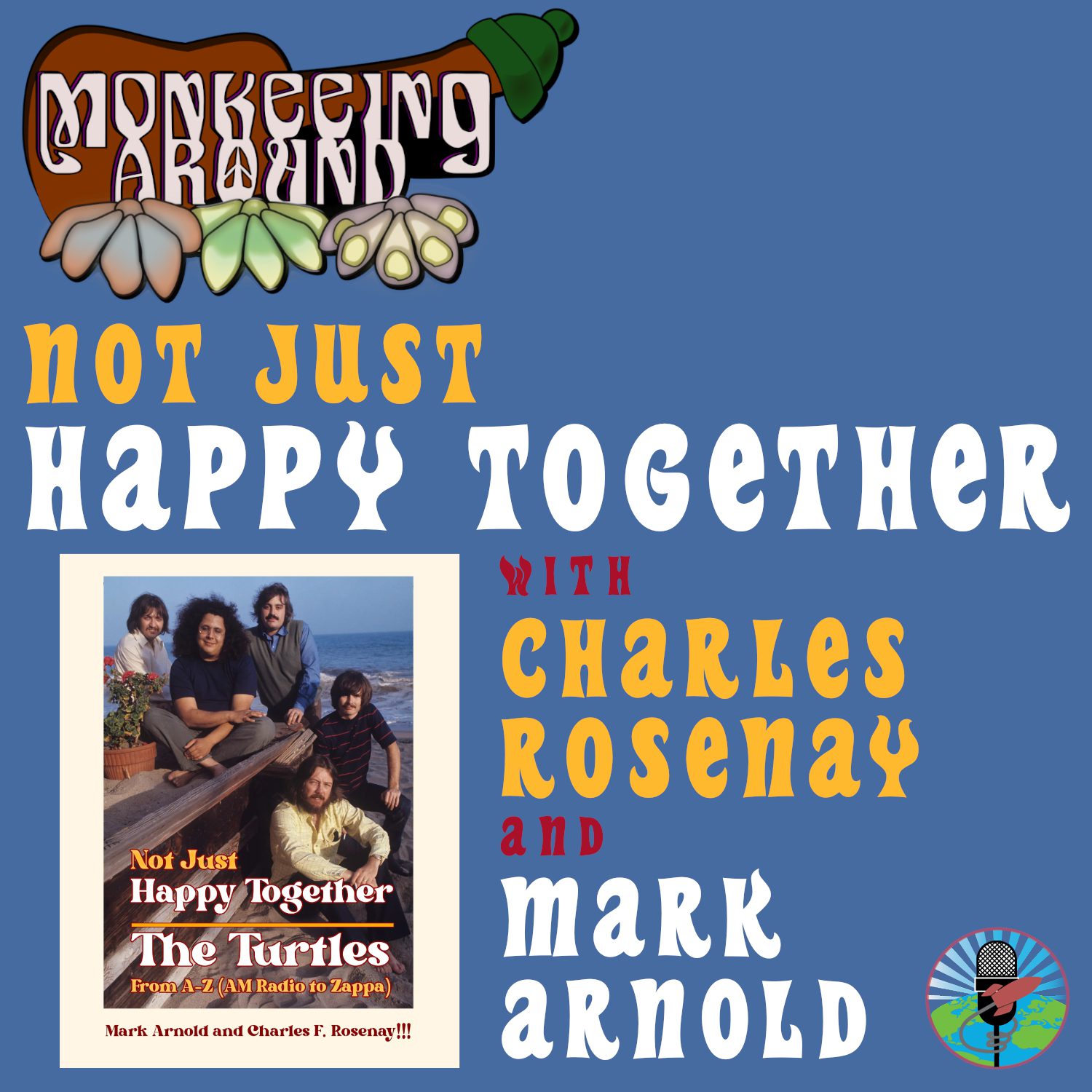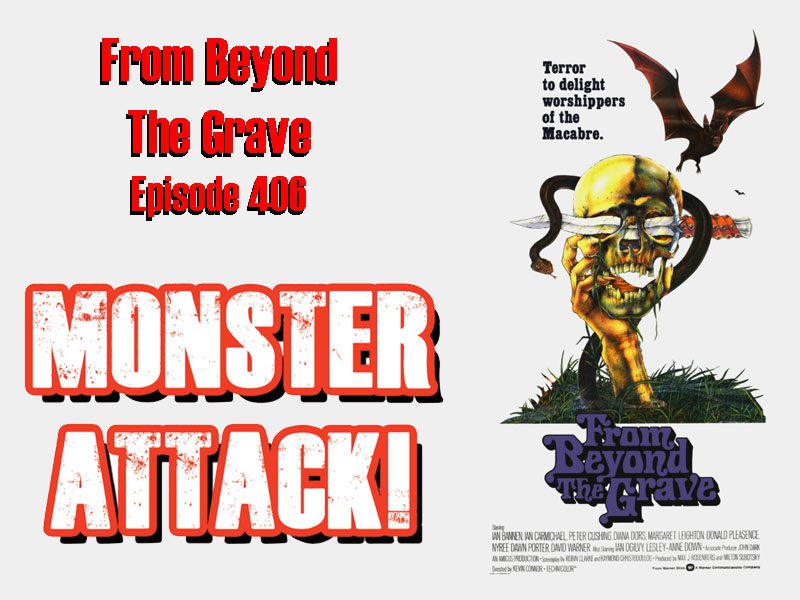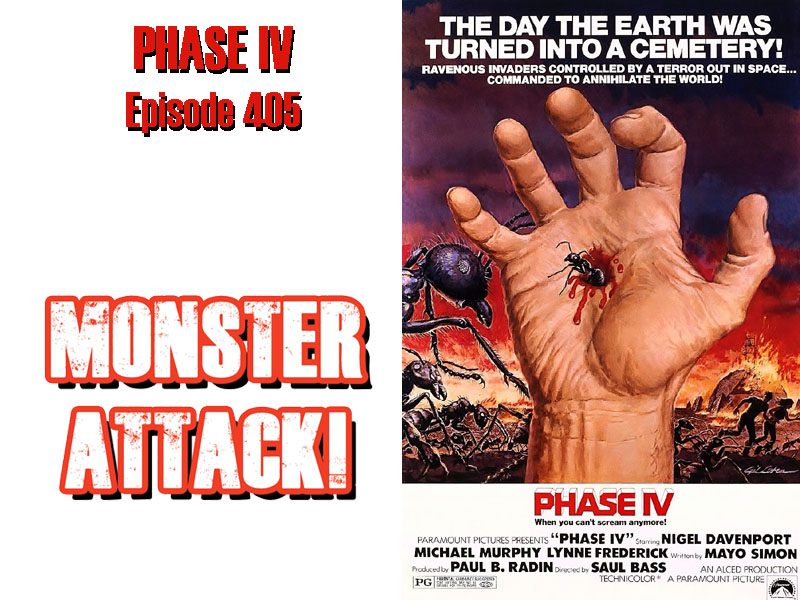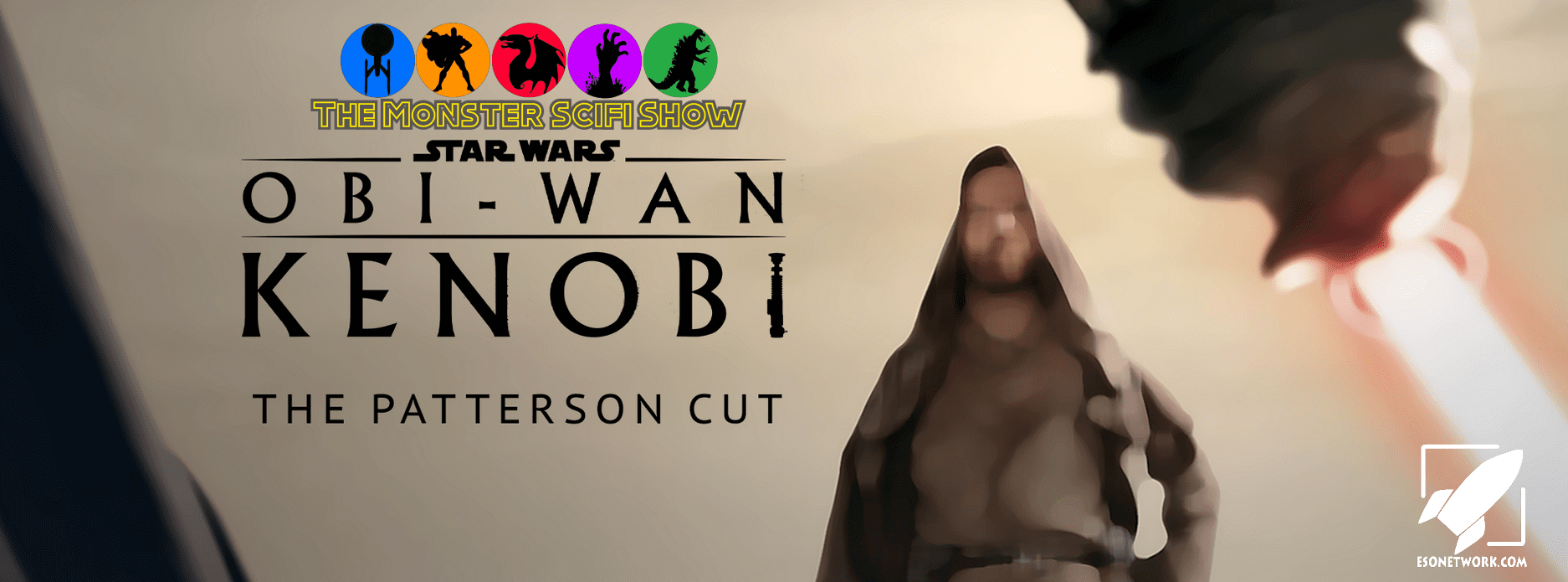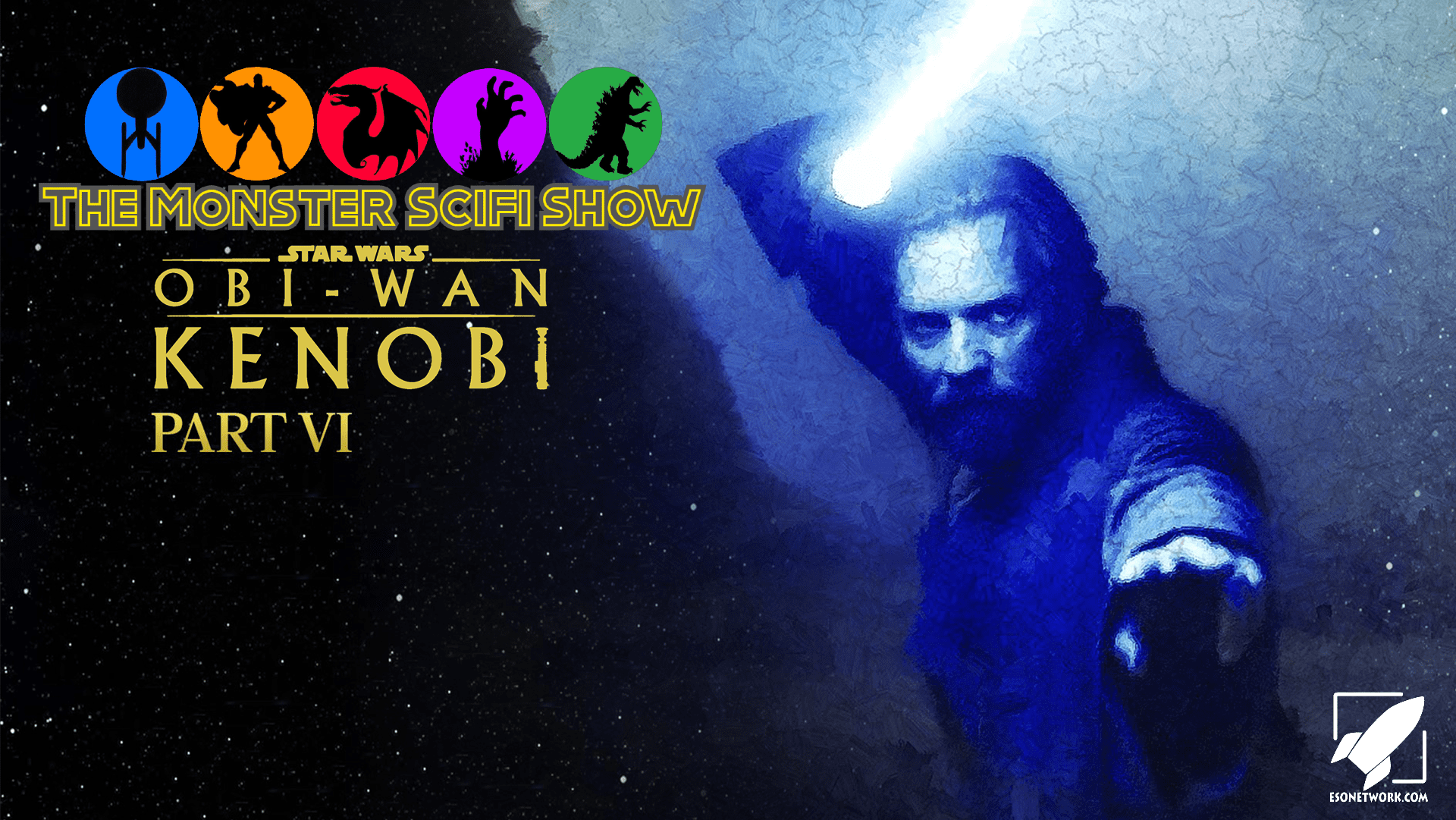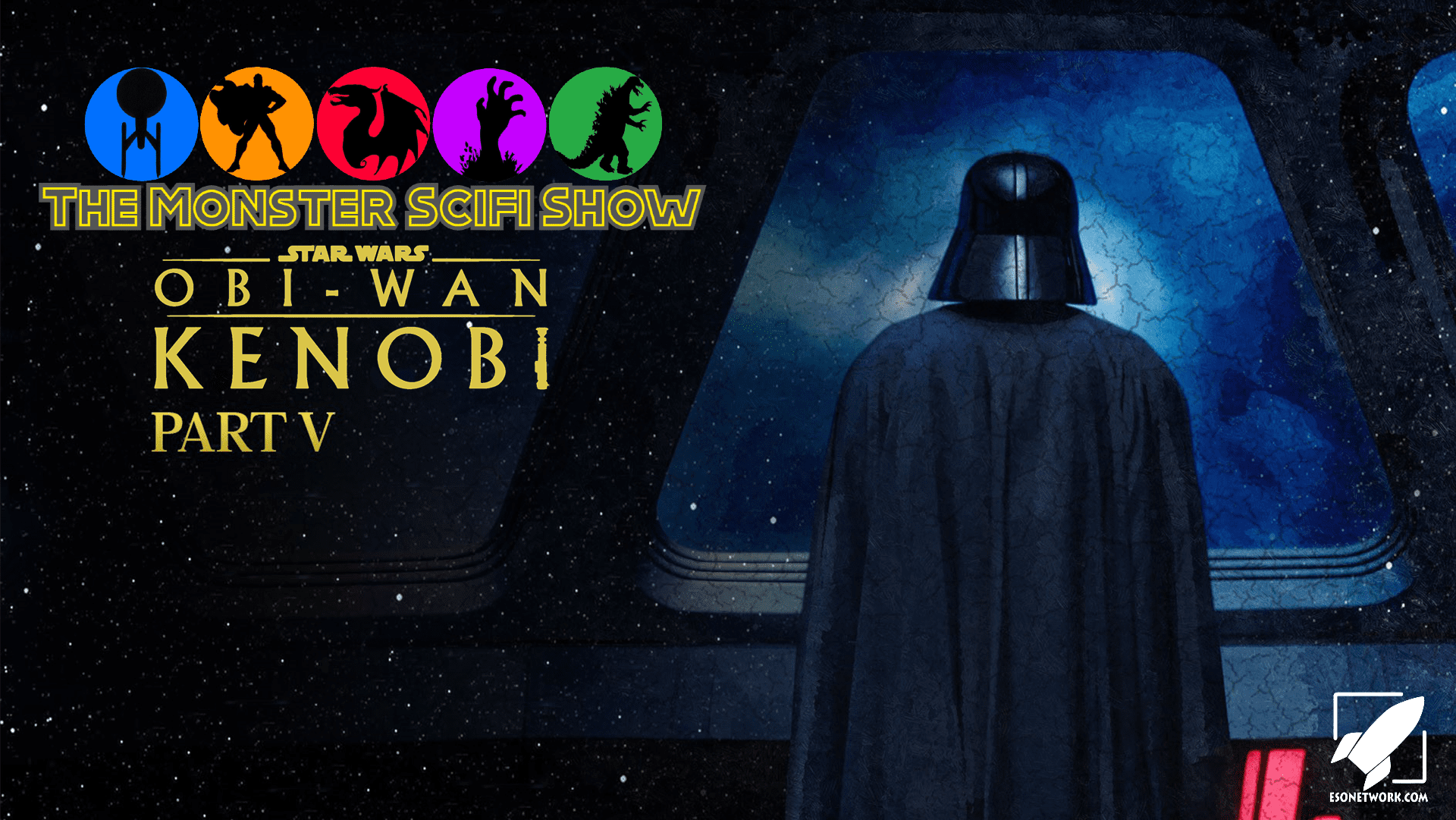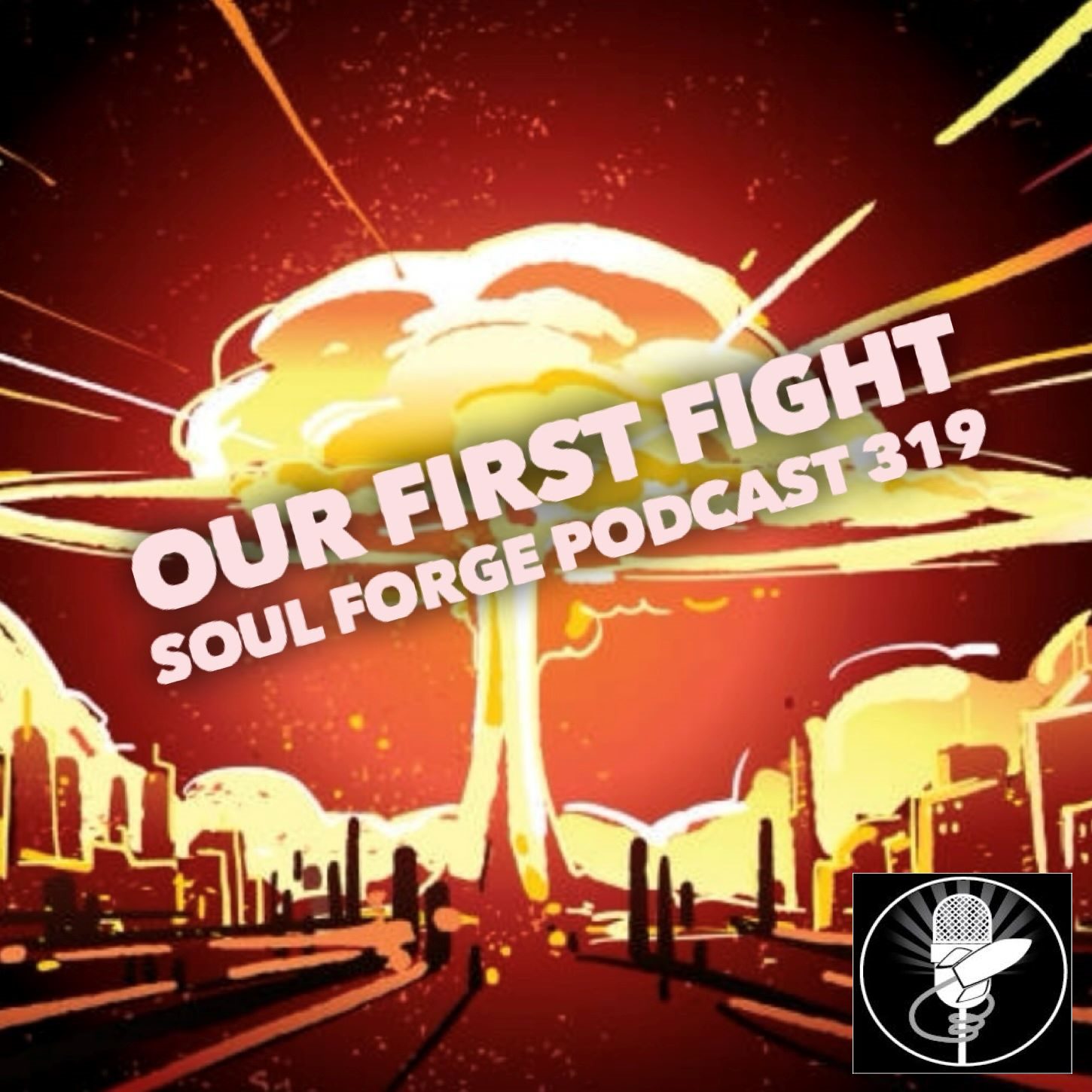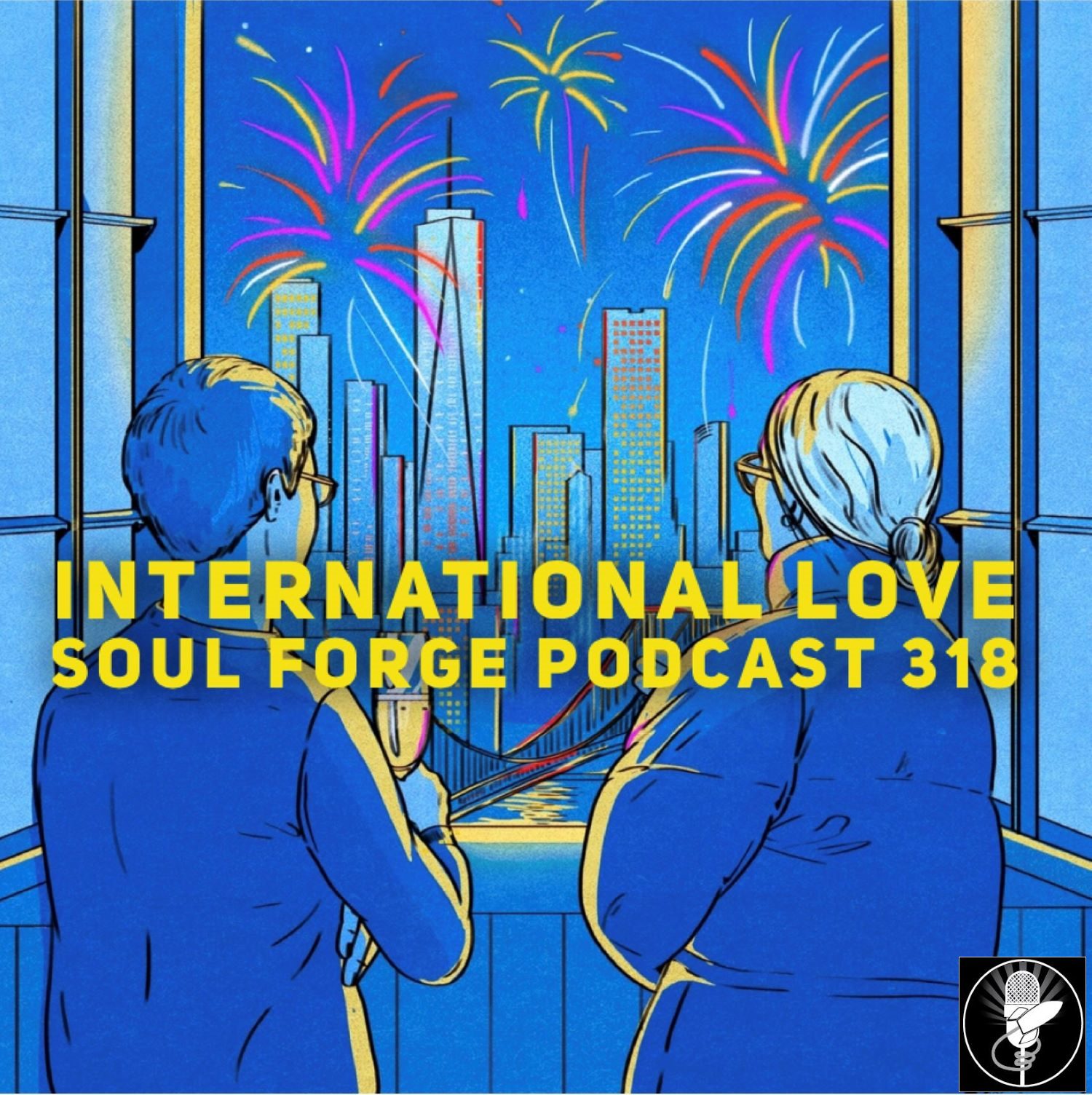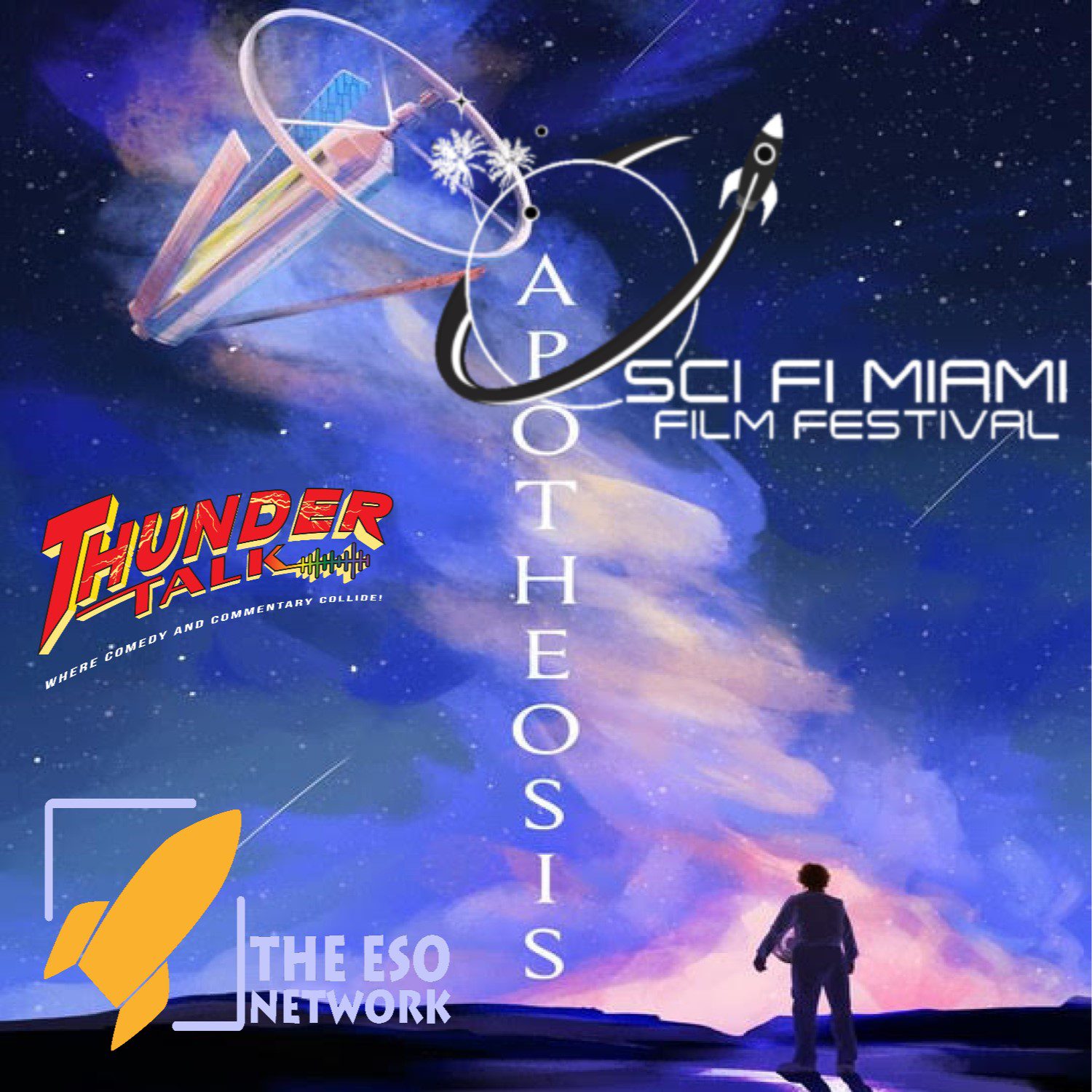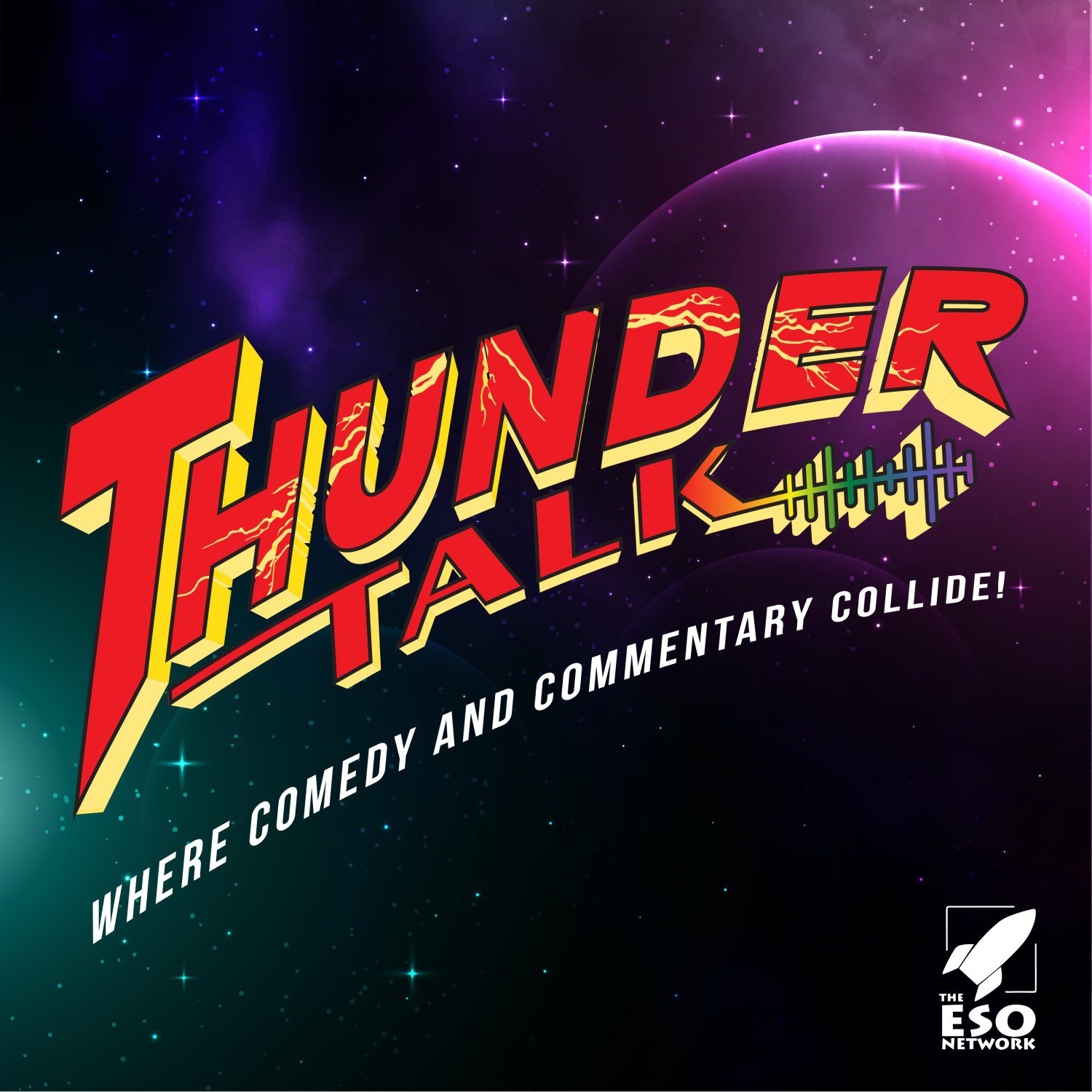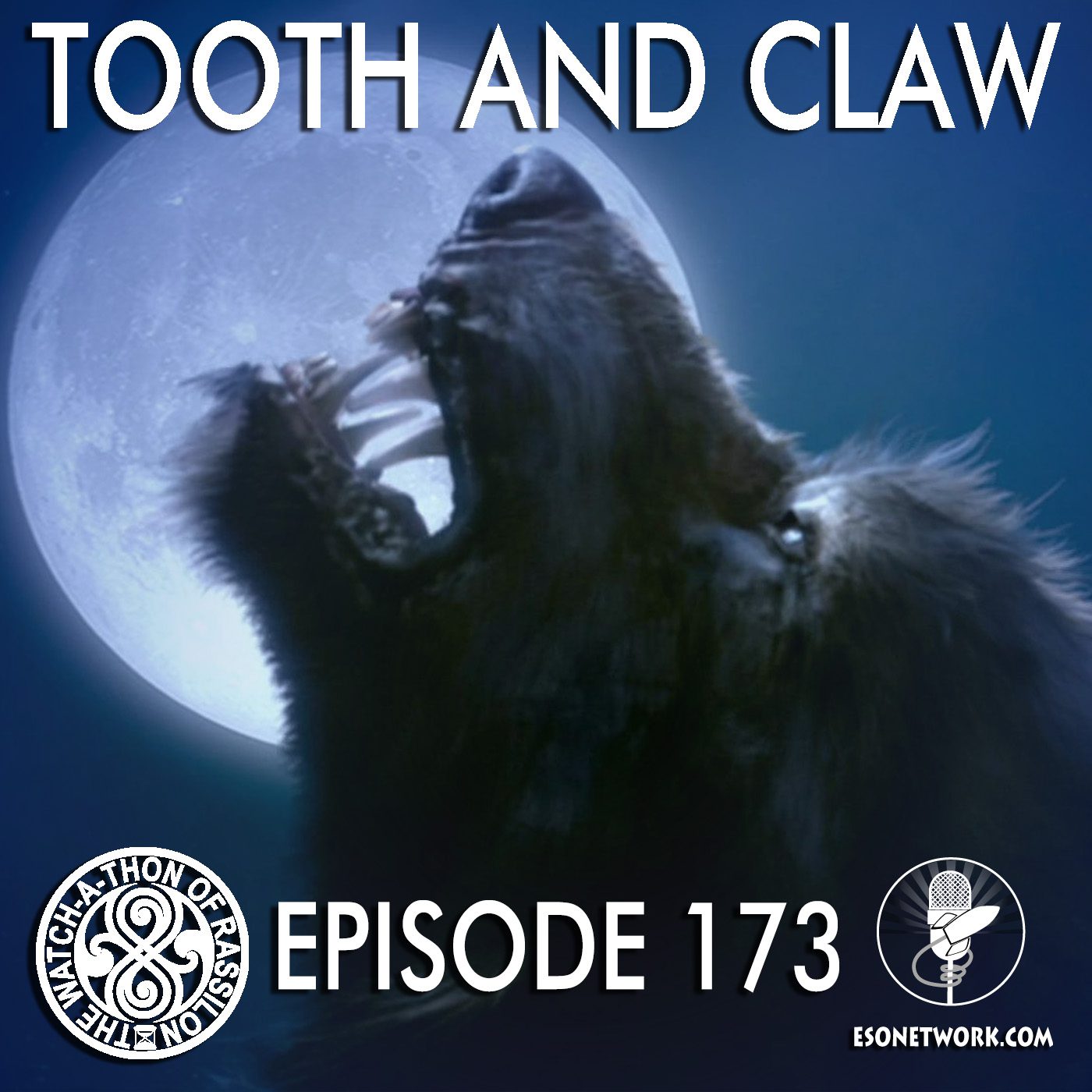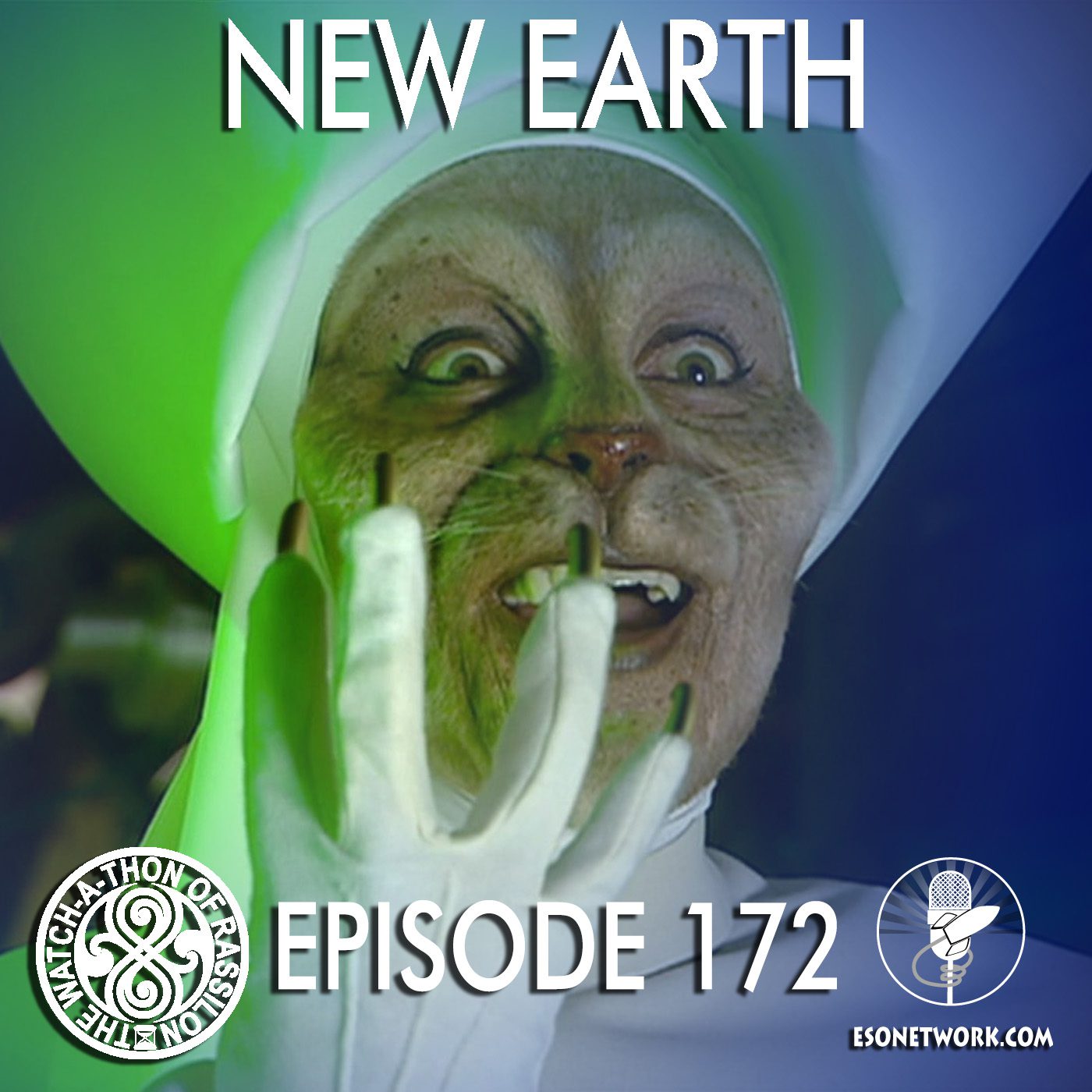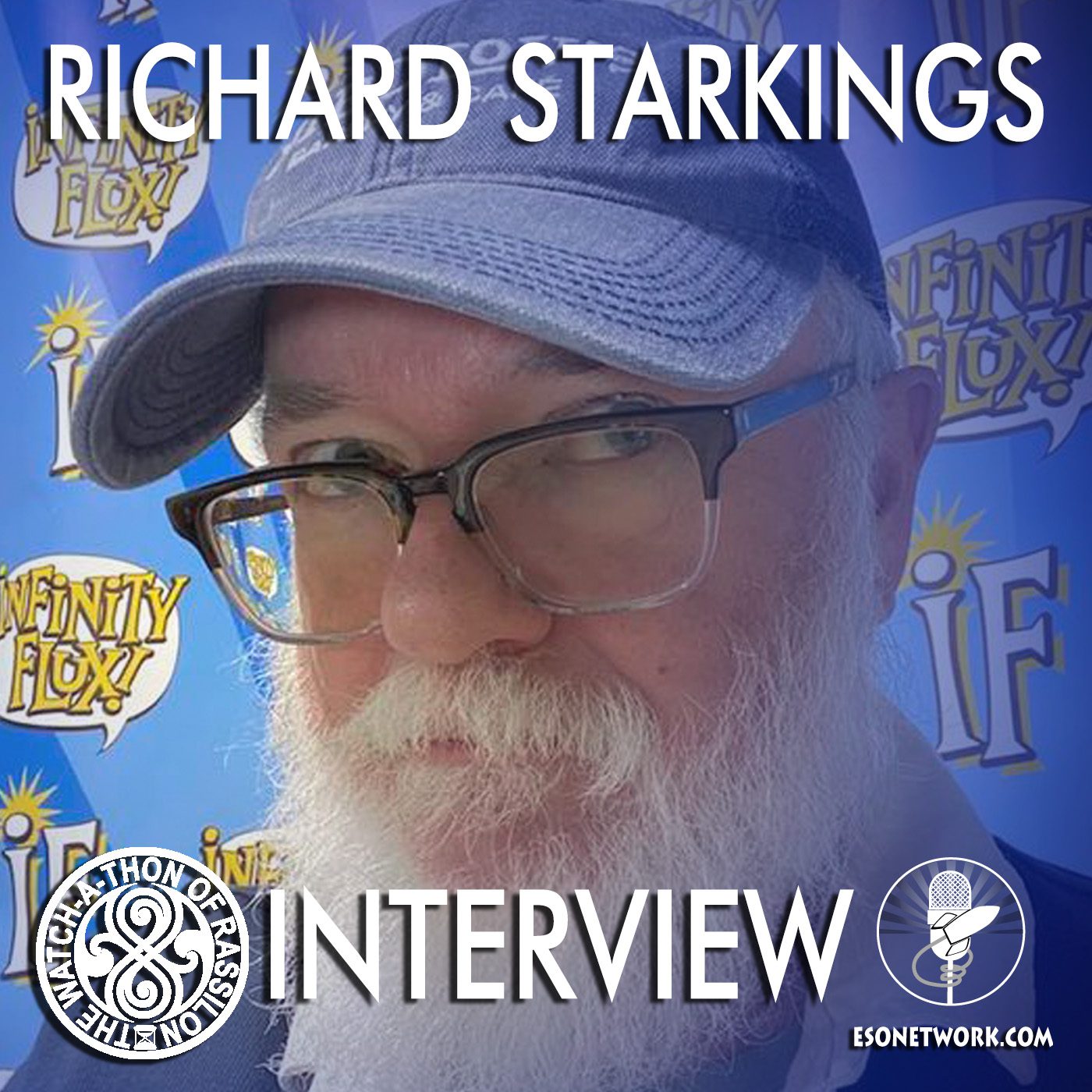 Blurb: Dowcra base. The third Elite Sontaran Assassination Squad closes in on its target. A dozen trained killers, but even they will be unable to bring down the invincible Strang…
Blurb: Dowcra base. The third Elite Sontaran Assassination Squad closes in on its target. A dozen trained killers, but even they will be unable to bring down the invincible Strang…
Manipulated by the Time Lords, the TARDIS also arrives on Dowcra. And the Doctor is set to encounter the greatest Sontaran ever cloned…
Review: The King of Sontar kicks off the third season of Fourth Doctor Adventures from Big Finish. Once again Tom Baker and Louise Jameson are teamed together to reprise their roles as The Doctor and Leela. With the growing pains of the initial season over, this story feels like a much more confident production. The Kind of Sontar tells a story that fits well within the 2-episode, 60 minute format whereas many of the first season stories felt like they were rushed to conclude the story at the end. The performances are all really strong and we can credit director Nicholas Briggs not only for great casting but also for a great understanding of how to really get the best out of the performers. The choice of music that sounds so much like what Dudley Simpson would have composed in 1977 is fantastic and it helps to suspend the disbelief that one would feel when hearing how Tom and Louise’s voices have changed. The music helps to make it feel like this is an unseen story originally broadcast in 1977, which makes it both nostalgic and exciting to listen to.
The early part of Tom Baker’s tenure as The Doctor is known for the gothic horror style. While there aren’t many horror elements in The First Sontarans, it definitely tries to emulate the tone of those earlier stories. There is a darkness and weight to the stories that was lacking in the later Tom Baker years as well as in the earlier output by Big Finish. This culminates in a moment that puts the Doctor and Leela directly in conflict. John Dorney shows his writing talent by making this a completely genuine moment but one that puts the world views of these two friends and traveling companions in stark contrast to each other. It’s rare that Doctor Who allows the companions and the Doctor to have a real argument over morality and for them both to have valid points of view. This story gives that in a moment that will likely shock most listeners.
The morality story doesn’t sum up the entirety of what’s on offer with this one. John Dorney is a master of characterization and everyone gets something to do here. Louise Jameson really seems to be relishing the chance to reprise her role as Leela and she imbues her with a freshness and energy that make it difficult to realize that she’s any different than she was when she was originally on Doctor Who. Here, Leela is teamed with a cowardly Sontaran. This allows for a great dynamic that challenges perspectives and also allows each character to learn from and grow with the other. Tom Baker is his usual great self. His voice has clearly aged but a lot of the old spark has come back and the things that he says seem like the kinds of things that his Doctor said rather than sounding forced. It’s nice to see him genuinely surprised when confronted with Strang and his lack of the typical Sontaran weakness in the probic vent. But here’s the usual agent of chaos, helping the villain while also working against him. Throughout he’s also the moral agent, pointing out to Rosato how Strang will utilize his invention and also having to consider the implications of aborting a new Sontaran race before it’s even born. Rosato is played by Doctor Who alumn David Collings. Rosato is the scientist who has become blind to morality because he’s overly focused on his technical achievements. Collings portrays Rosato as sympathetic, believing in the good that his invention can do if it can just be completed and believing what Strang tells him about his goals. Sontarans can devolve quickly into very two-dimensional villains but Dan Starkey plays Strang as a unique individual. He seems almost cultured compared to other Sontarans, which gives him a nice individuality that also helps us to get a little insight into what he’s like. Strang like many Doctor Who villains has horrific plans and believes himself to be invincible but the matter-of-factness with which he expresses it is a little unique, which makes for an interesting dynamic. I’d be remiss if I didn’t mention John Banks as Vilhol, the Sontaran who Leela befriends. He’s clearly a coward compared to other Sontarans yet at the same time there’s an earnest need to prove himself which is really endearing. It’s hard to get that through while talking like a Sontaran but John Banks pulls it off and delivers some wonderful chemistry with Louise Jameson.
There are also some very interesting ideas on offer with this story. Strang is an accidental Sontaran mutation with enhanced size, strength, durability, reflexes, intelligence. and aggression. Yet rather than lauding this “mistake,” typical Sontarans feared him as they quite correctly suspected that he’d see himself as the beginning of a new type of Sontaran that would supplant the old. There’s also the idea of a unique area in space/time with a weakness that could be exploited to allow instant teleportation to any point in space. Rosato sees it as a way to give aid and help people throughout the cosmos but the Doctor is horrified at the implications of what it could accomplish as a weapon of war. There’s also some implication as to what the Sontarans role is in the cosmos and that while their aggression and warlike nature is a problem at least they keep the Rutans in check. There also seem to be some plot oversights such as why in all the history of time no one else has ever tried to exploit the instability at Dowcra? There’s also the fact that Strang lists the fact that Sontarans take prisoners as one of the reasons why they’re weak and need to be replaced. Yet, he takes prisoners as well. Those slight oversights aside, the story is really interesting in this one with some neat ideas and it’s easy to overlook a few oversights when everything else is of a really high caliber.
Recommendation: The King of Sontar is everything that you’d expect from old TV-series Doctor Who except that it’s told in two episodes. Yet this helps the story keep up its pace. It’s a moral story with some neat conceits and some strong characterization. Yet it all comes down to one epic and amazing final moment that will have you thinking hard about this era in the series history and how the Doctor and Leela relate to each other. I highly recommend it.
9/10
2014
Audio Drama
Big Finish Productions
Directed by Nicholas Briggs
Produced by David Richardson
Written by John Dorney
Runtime Approx 60 min.








